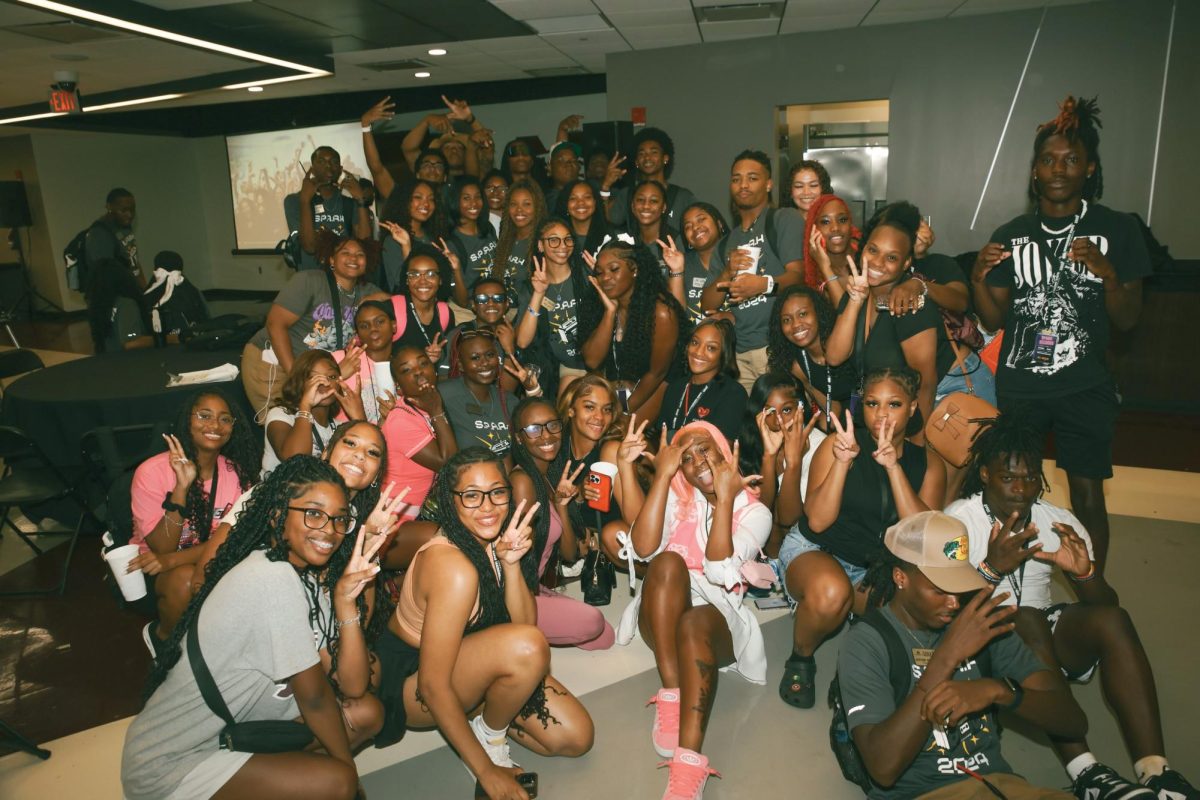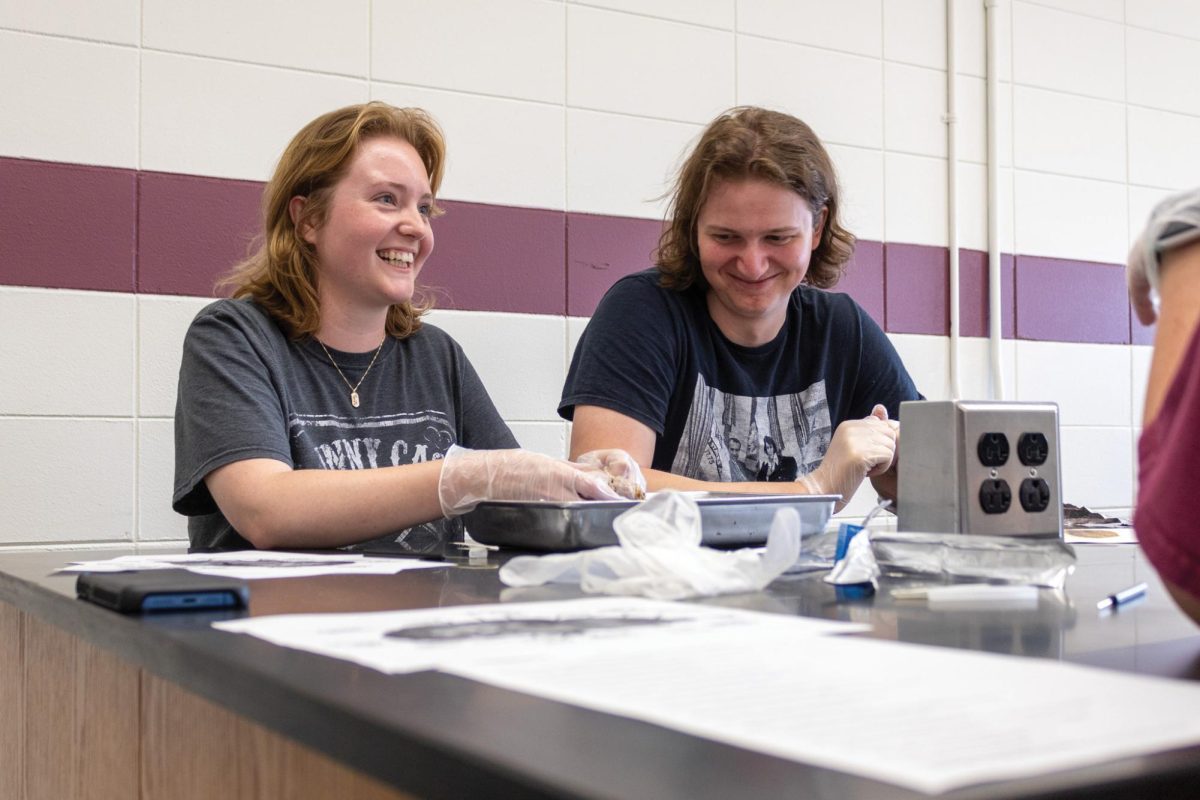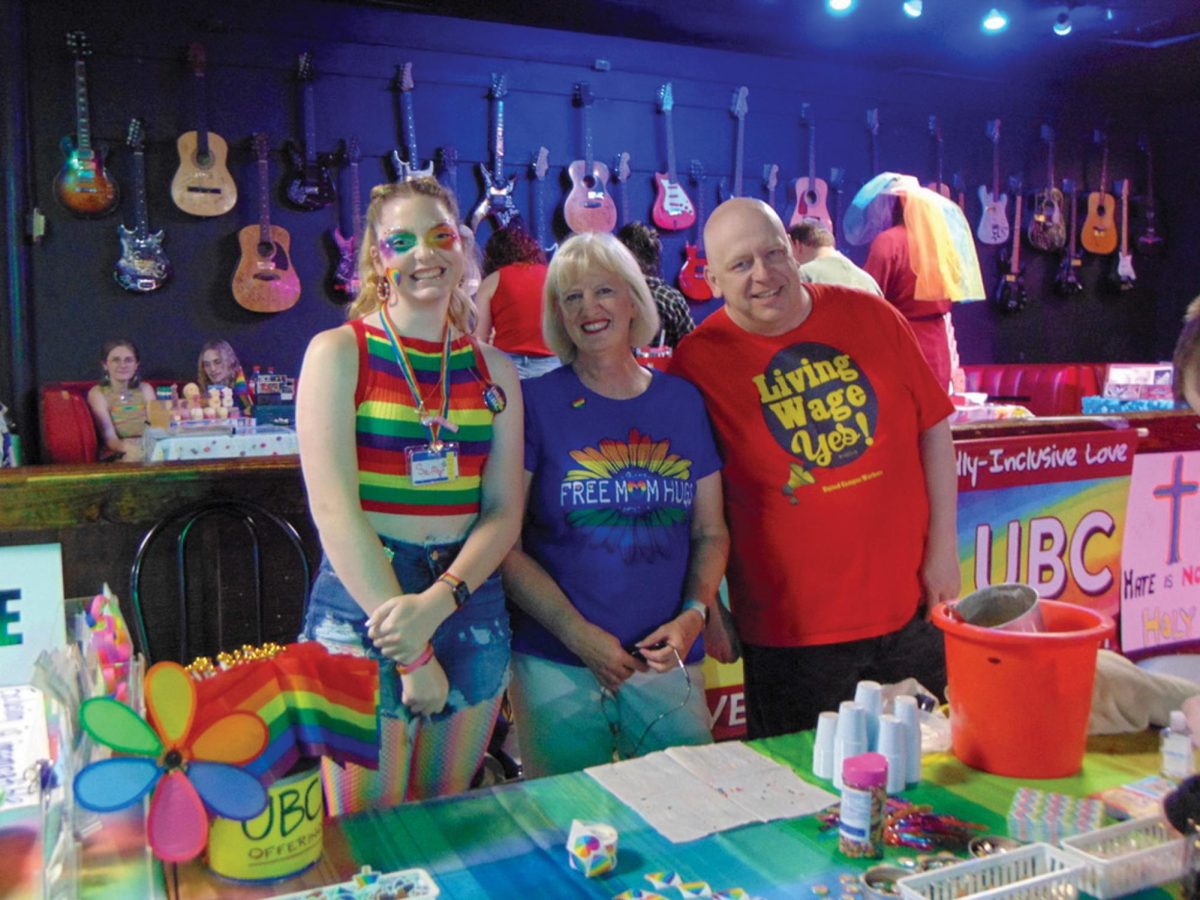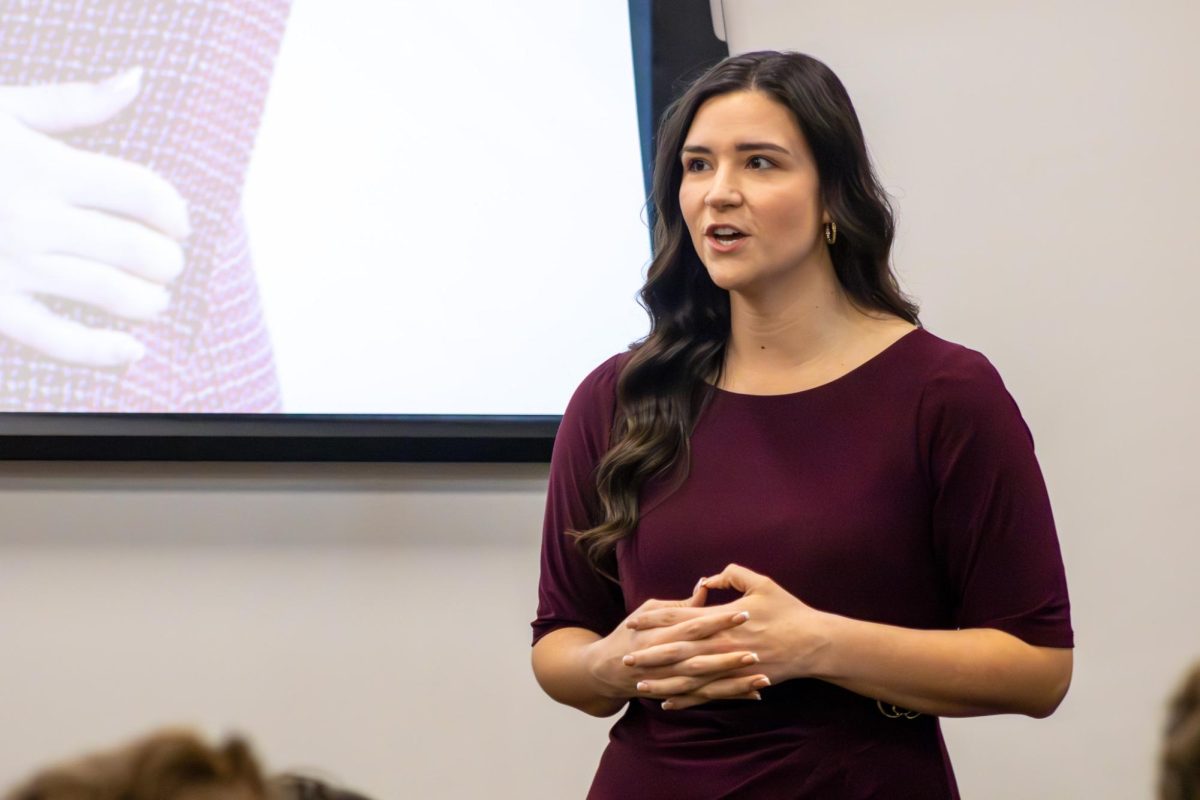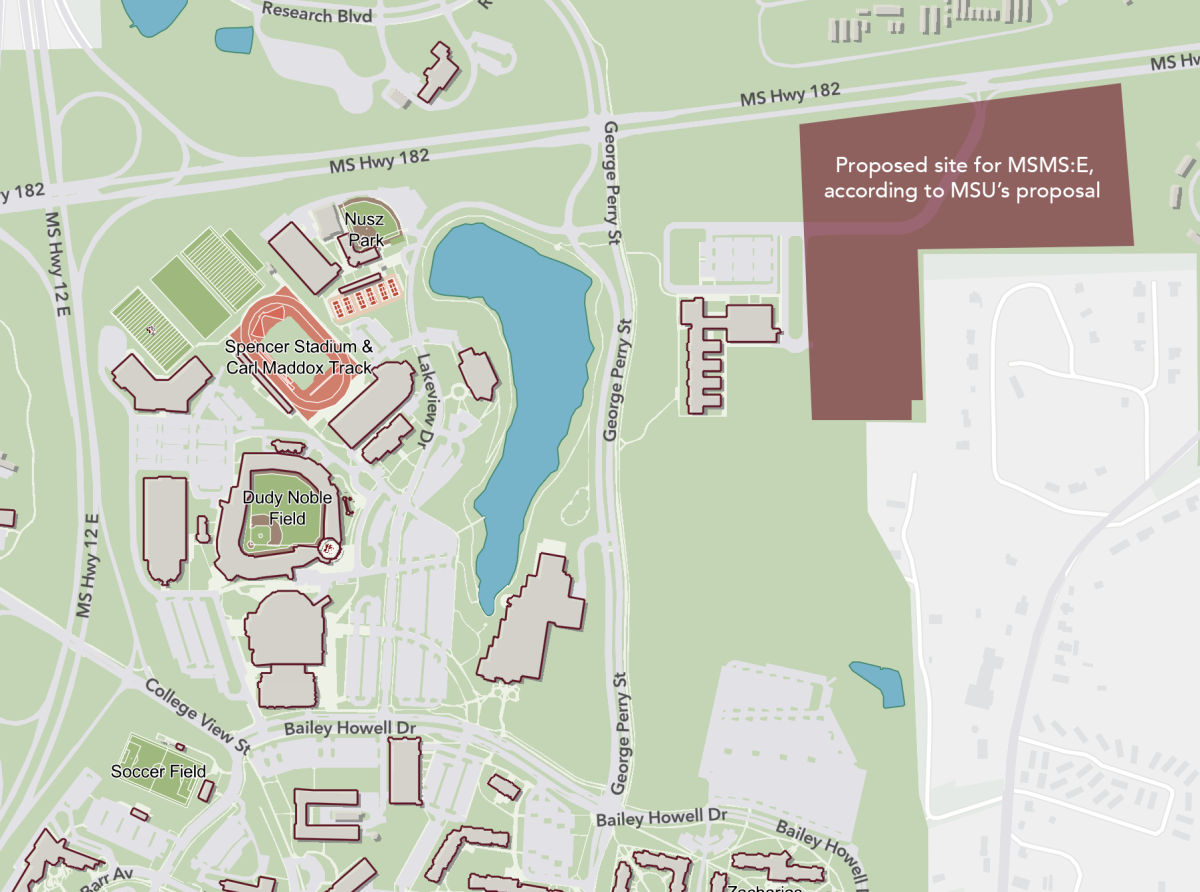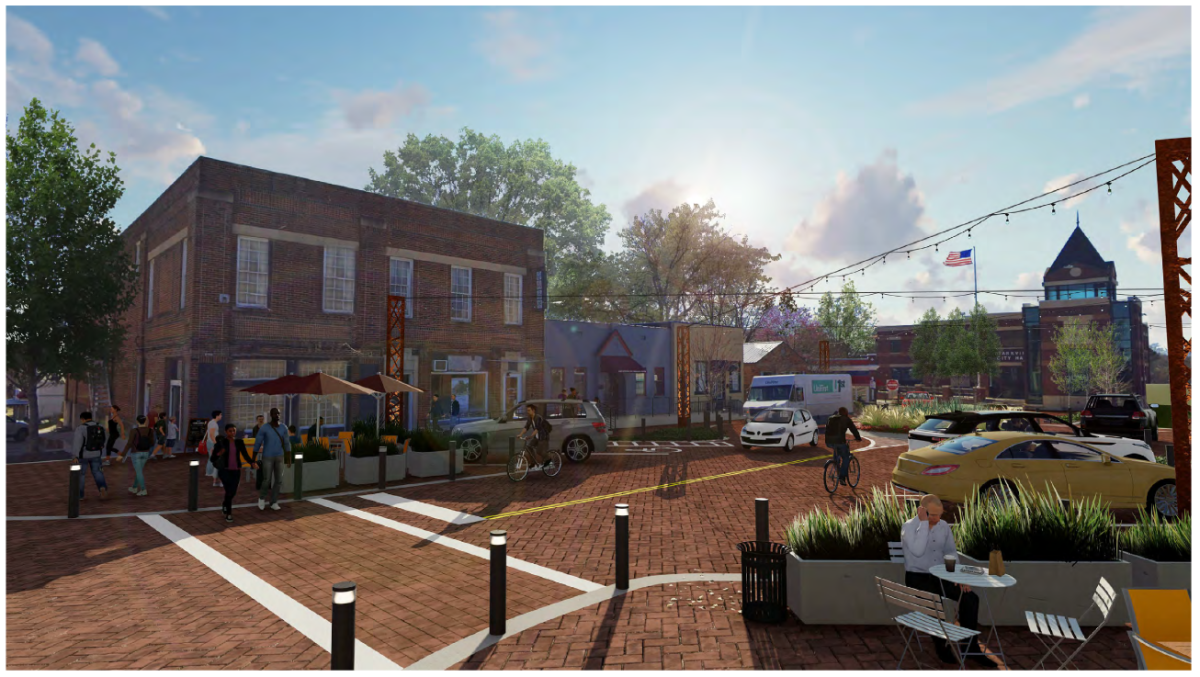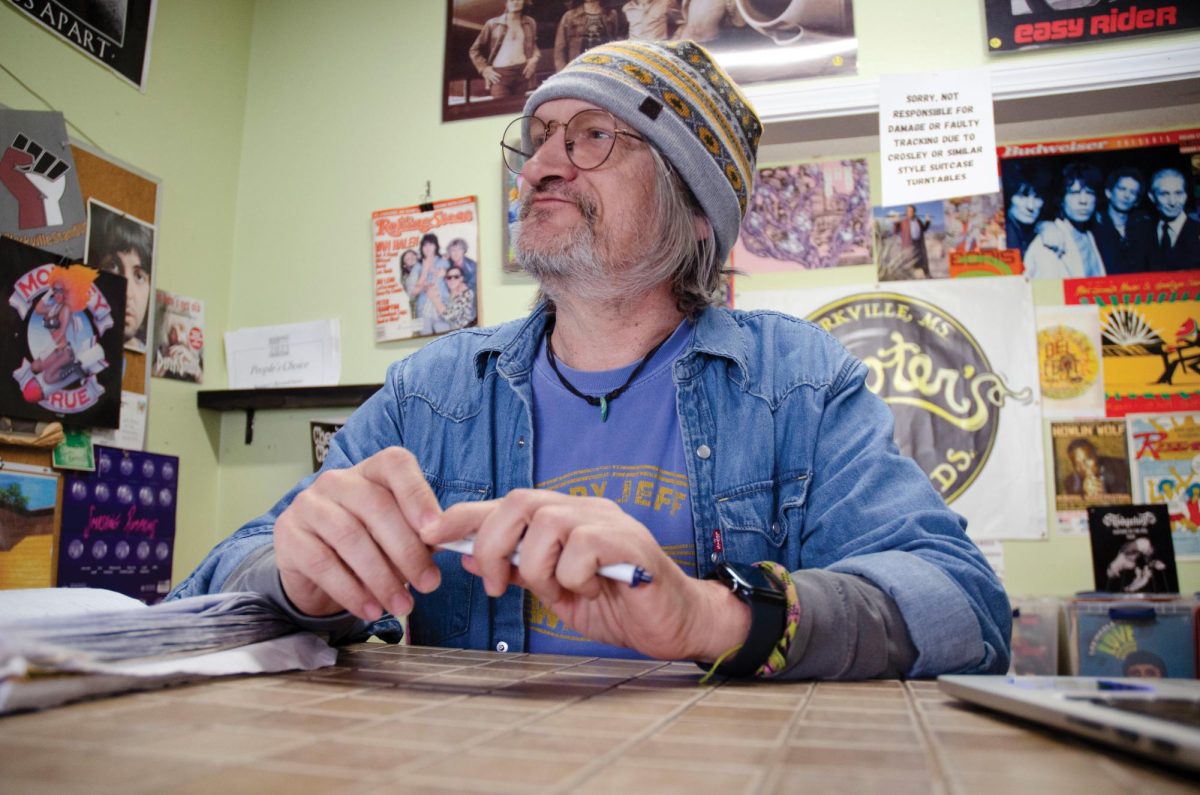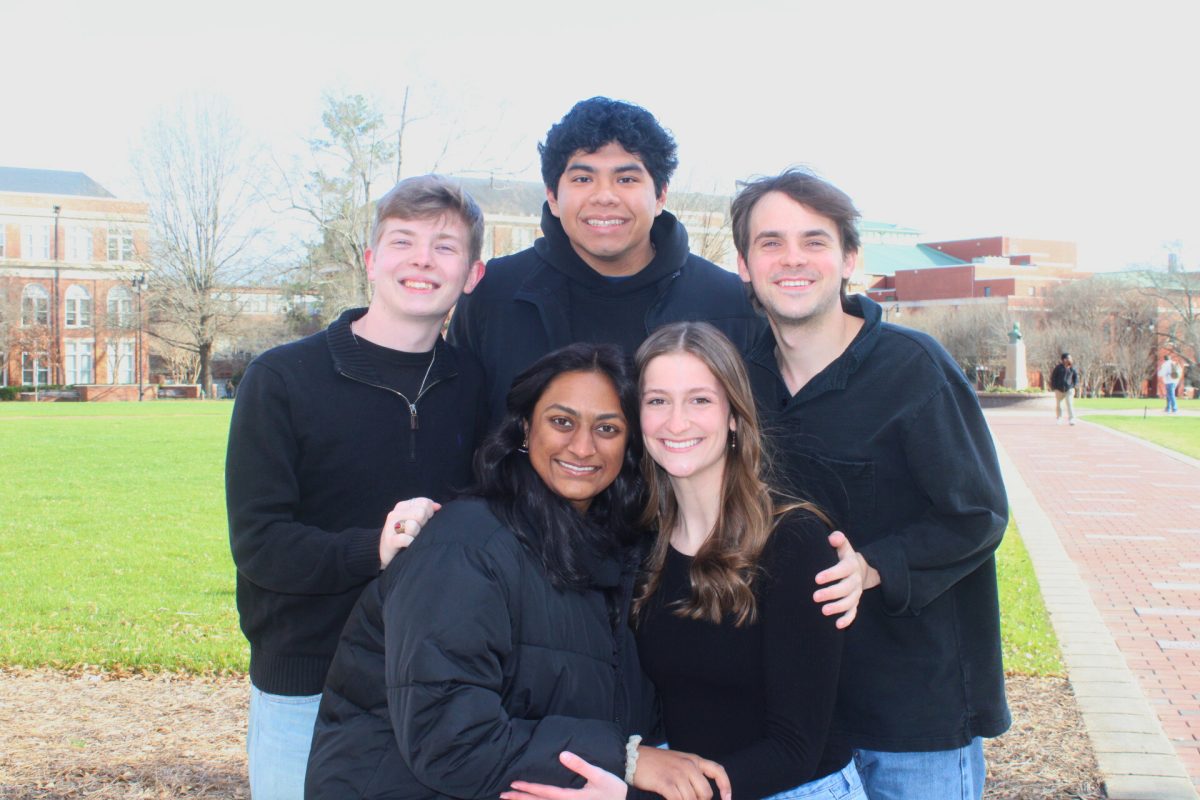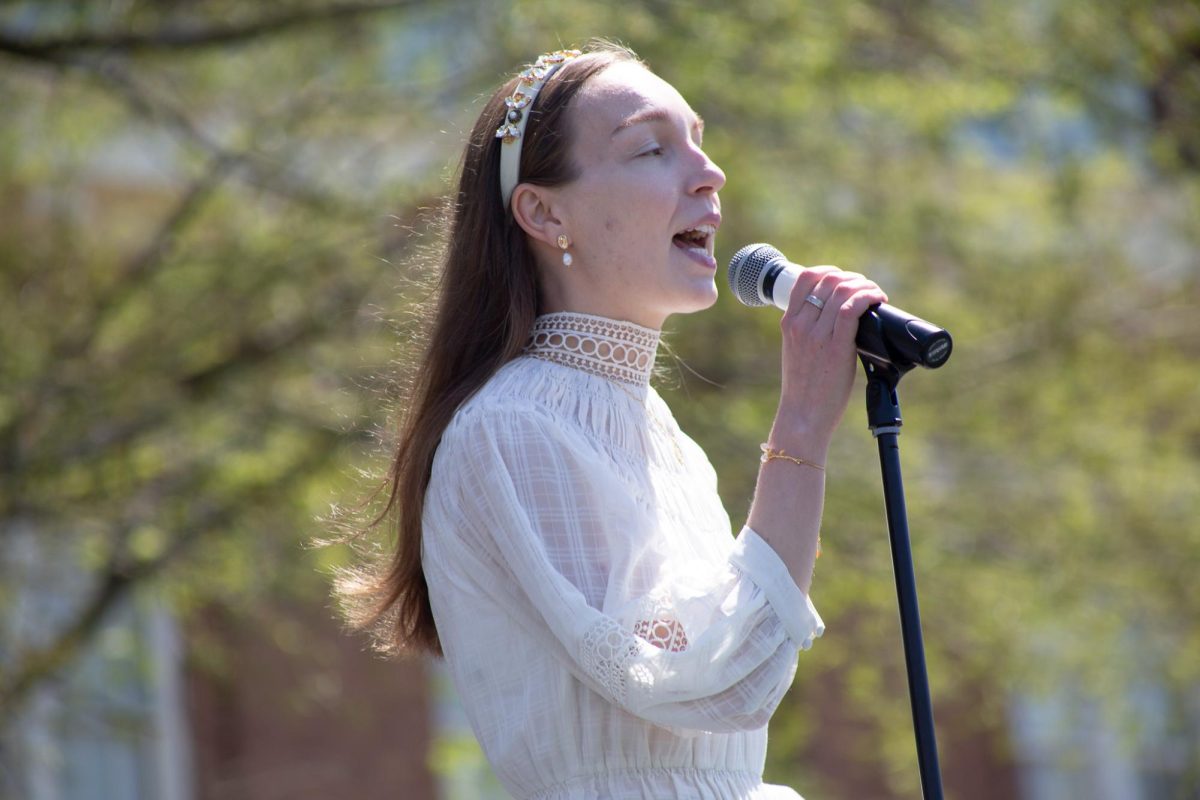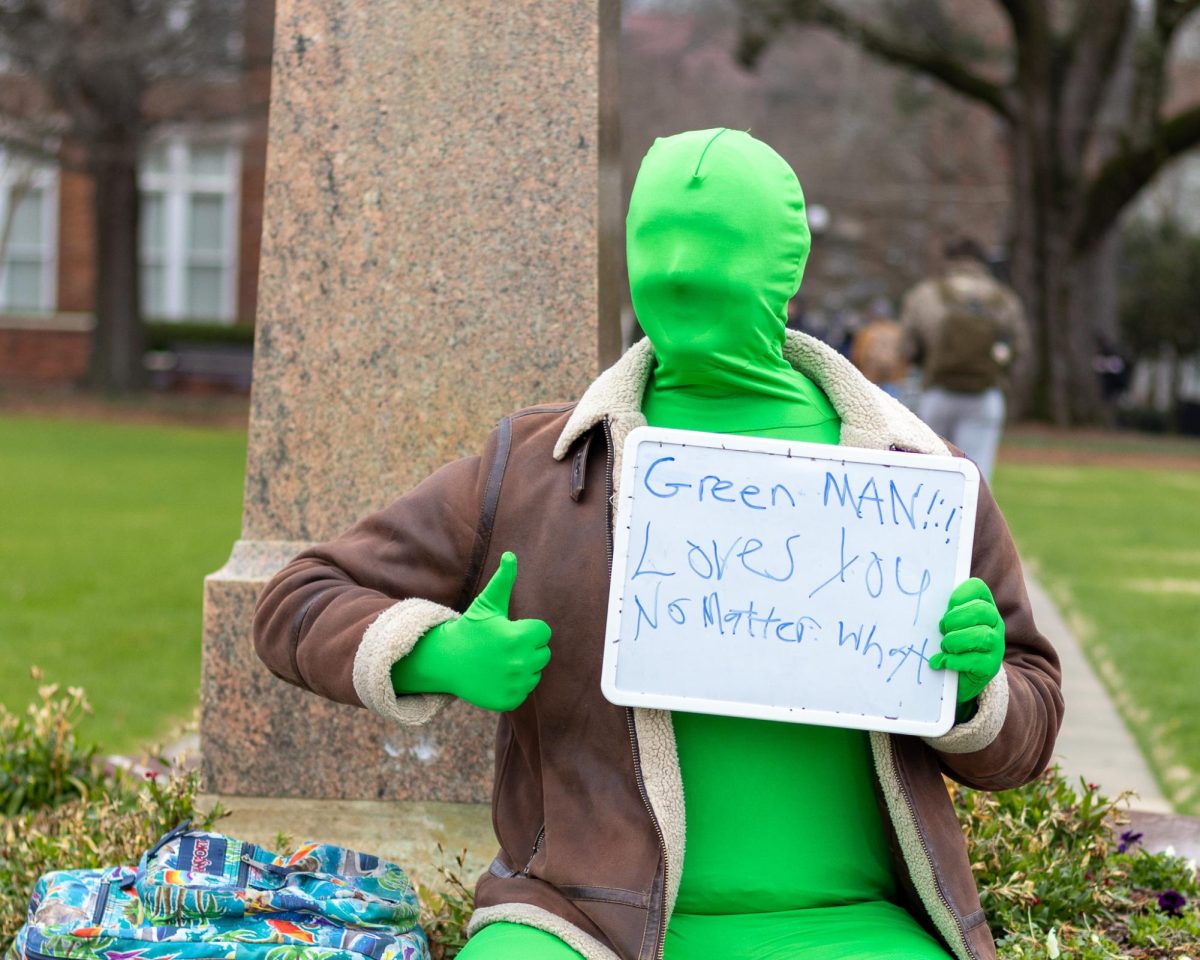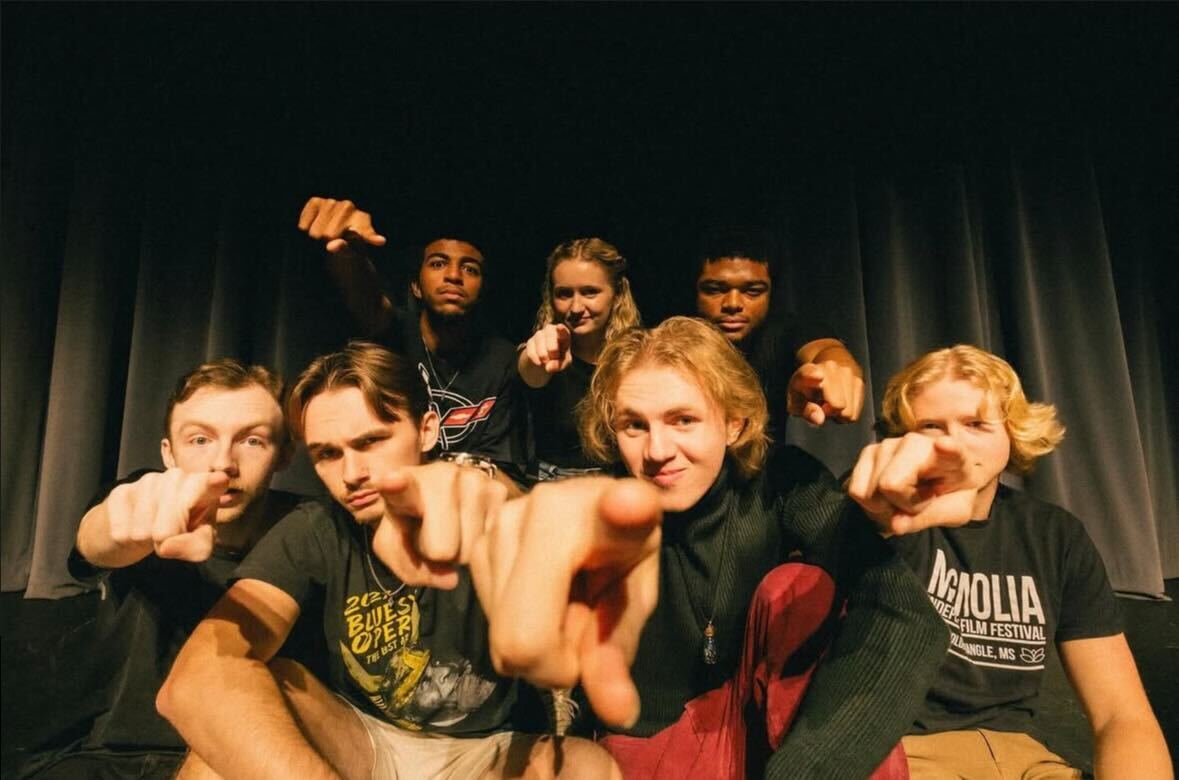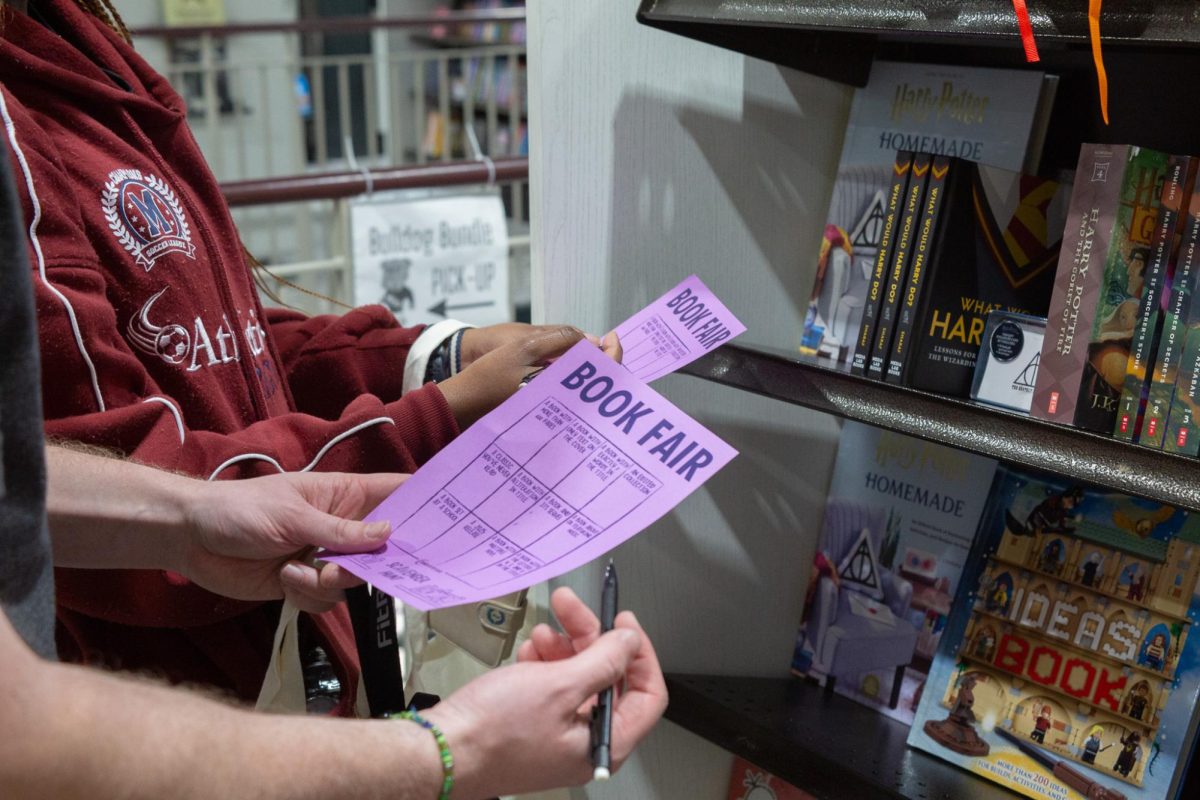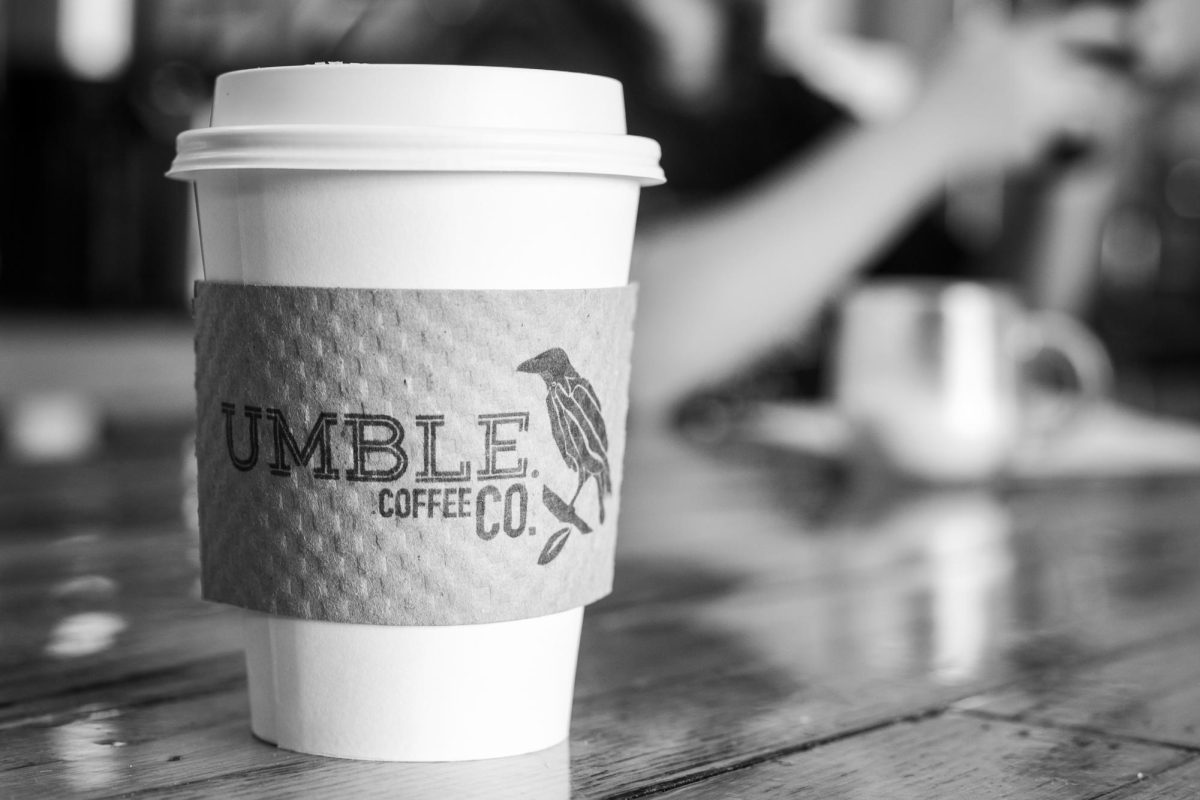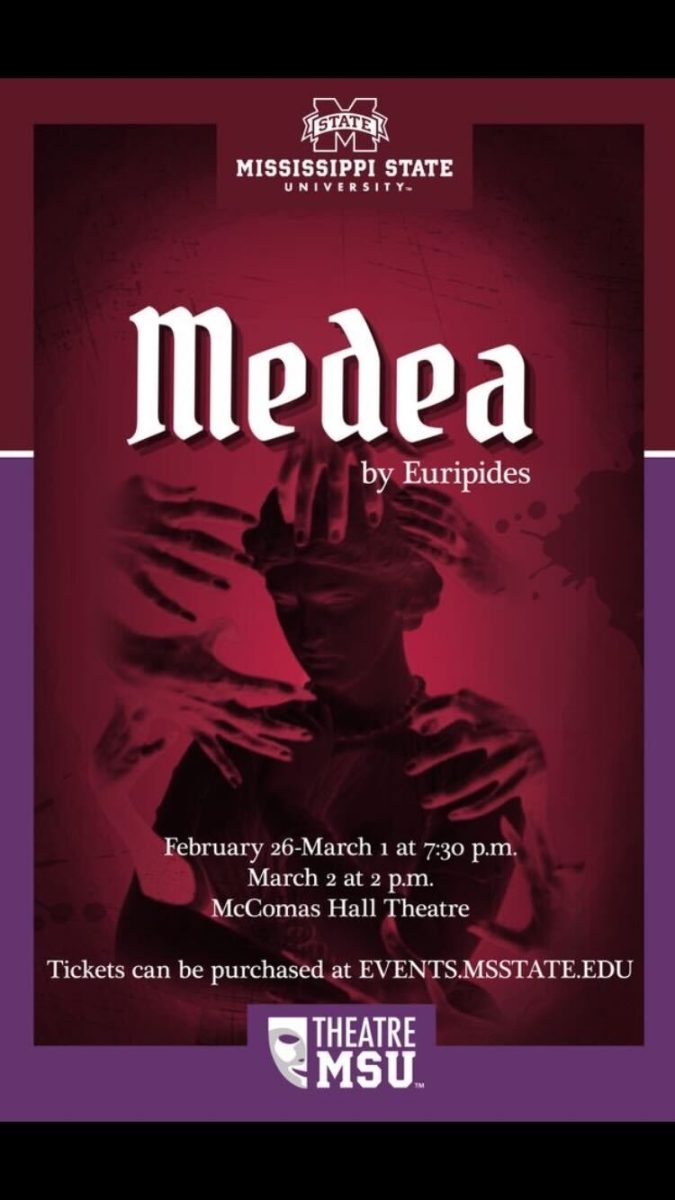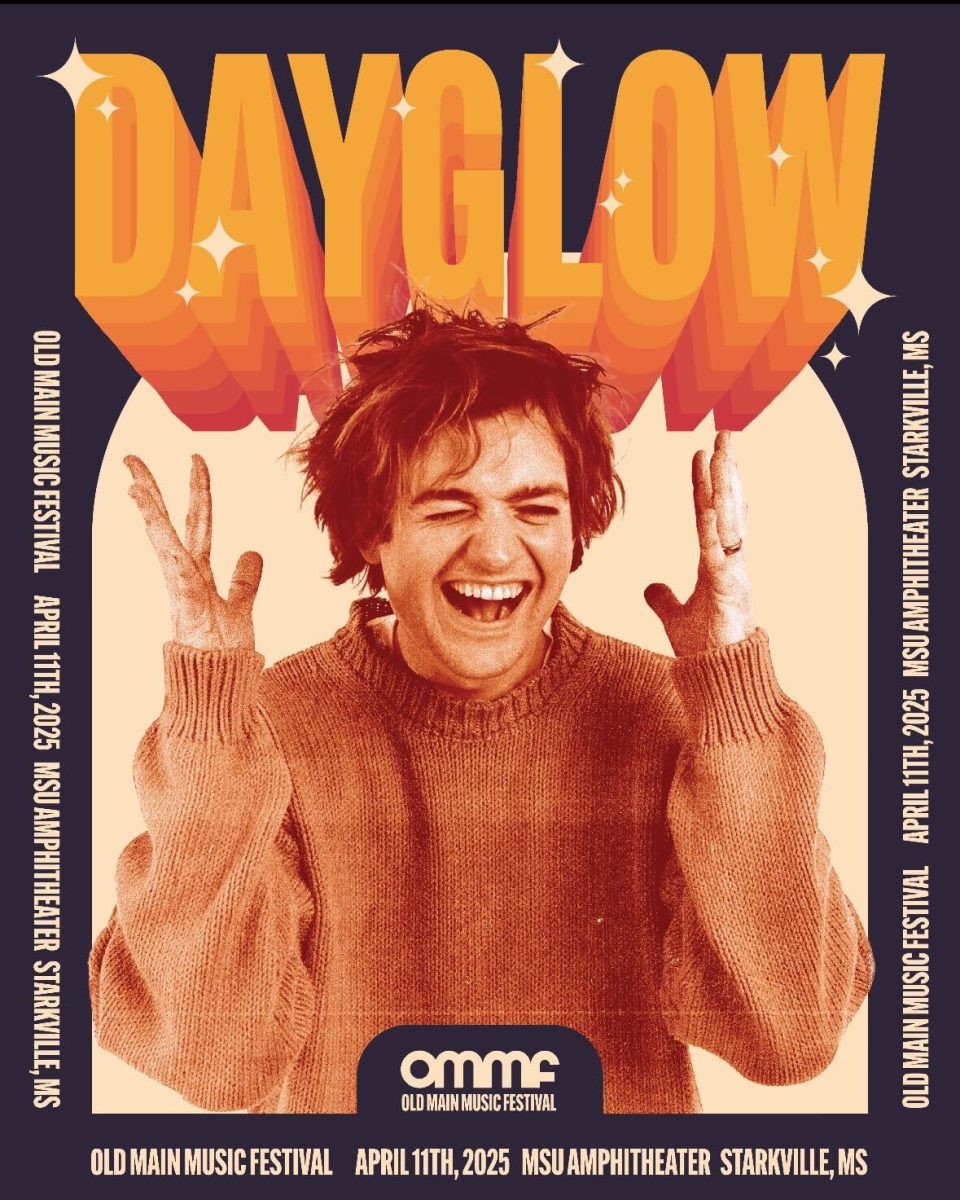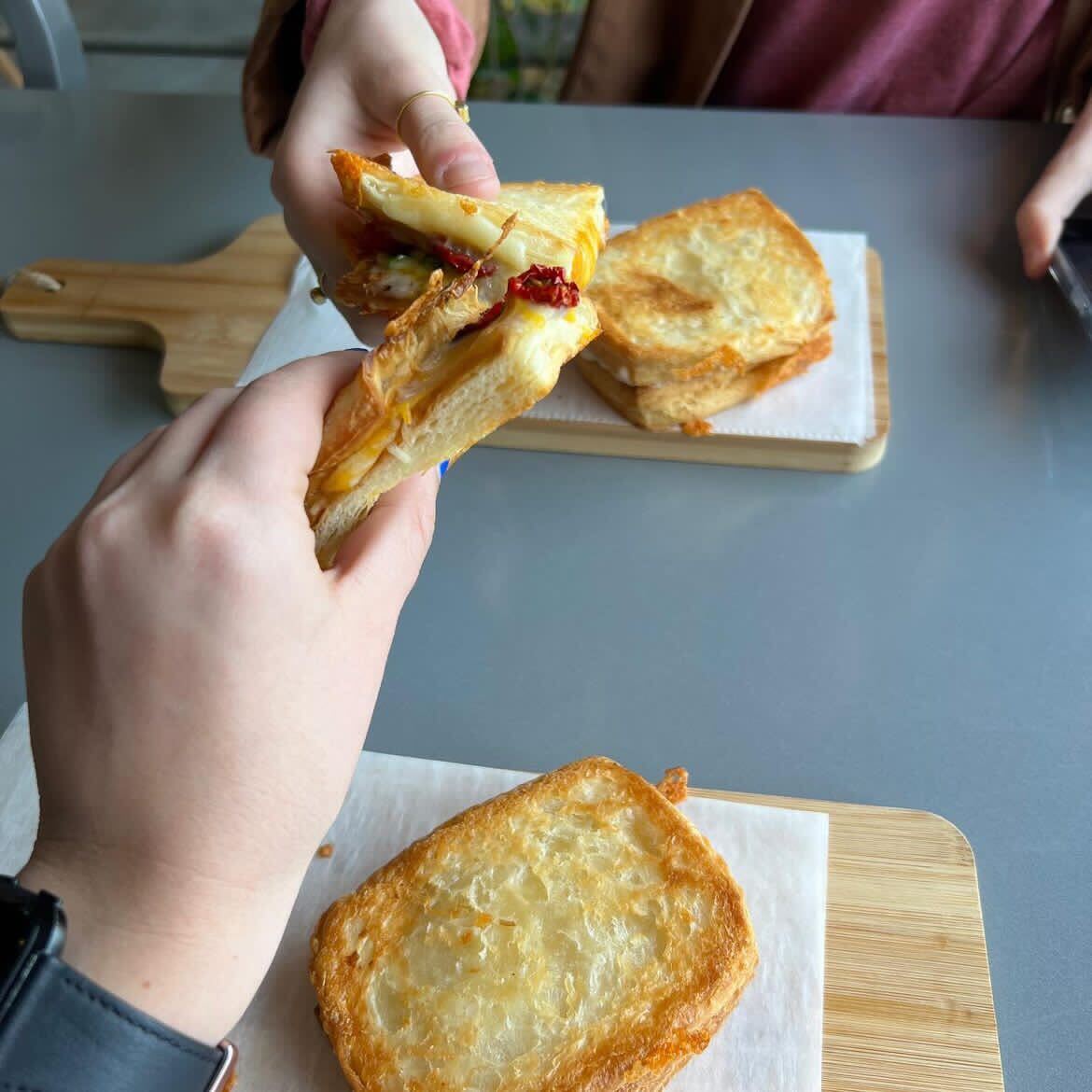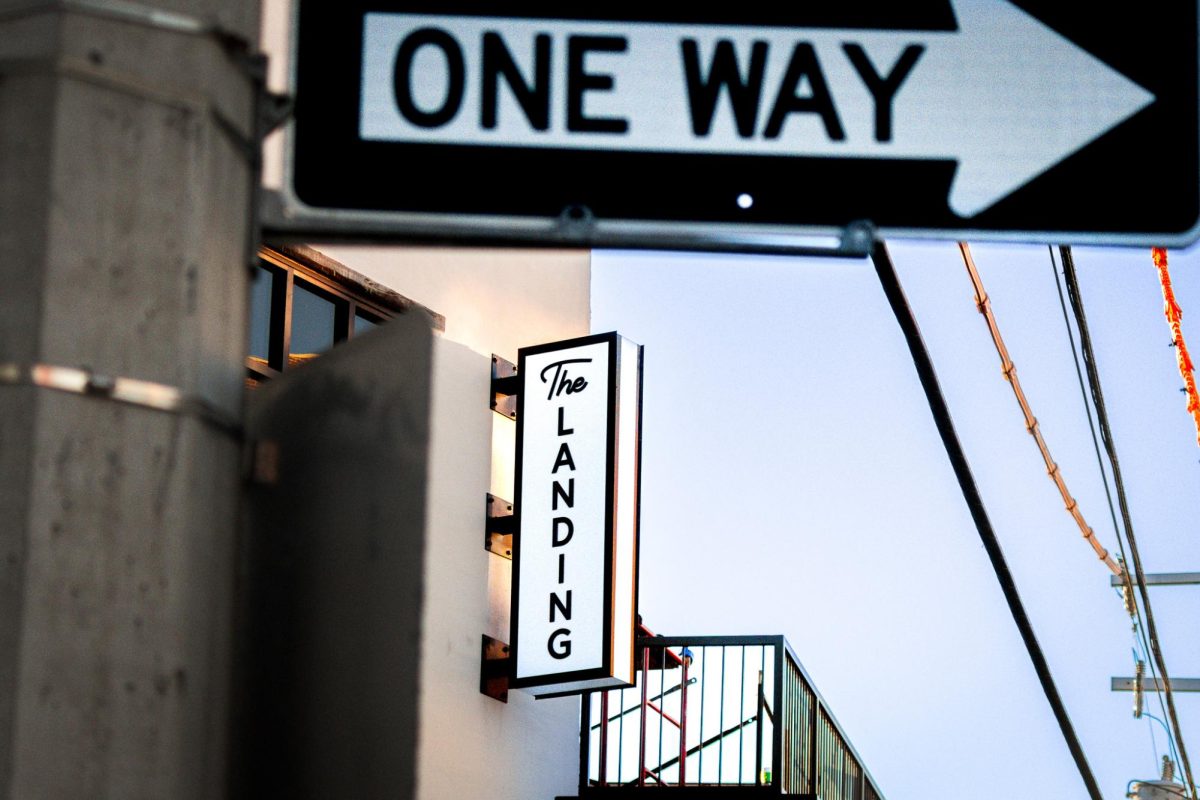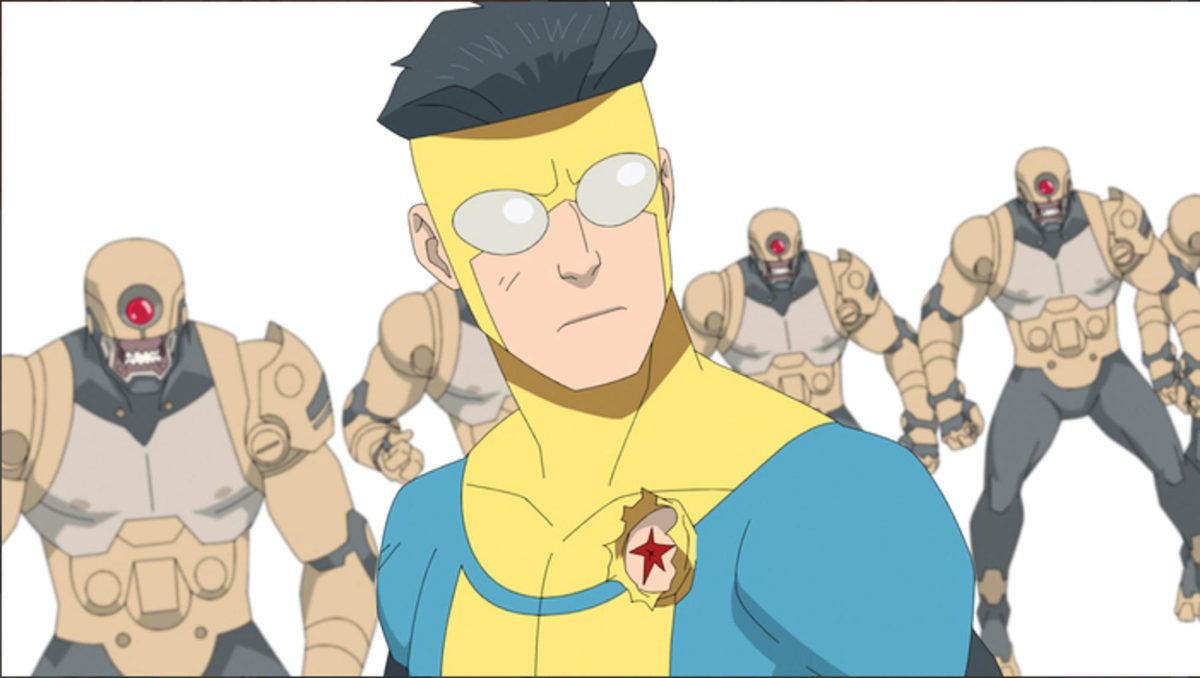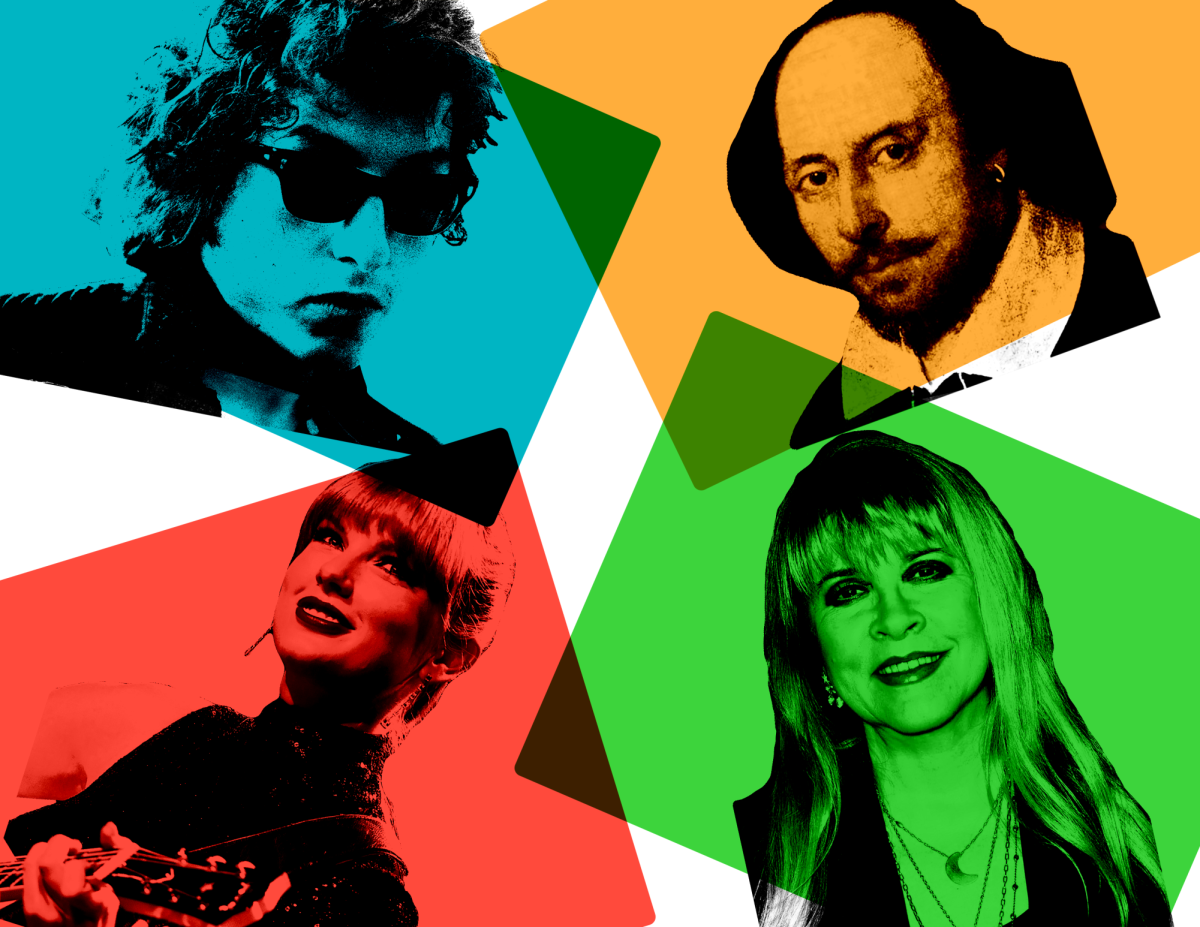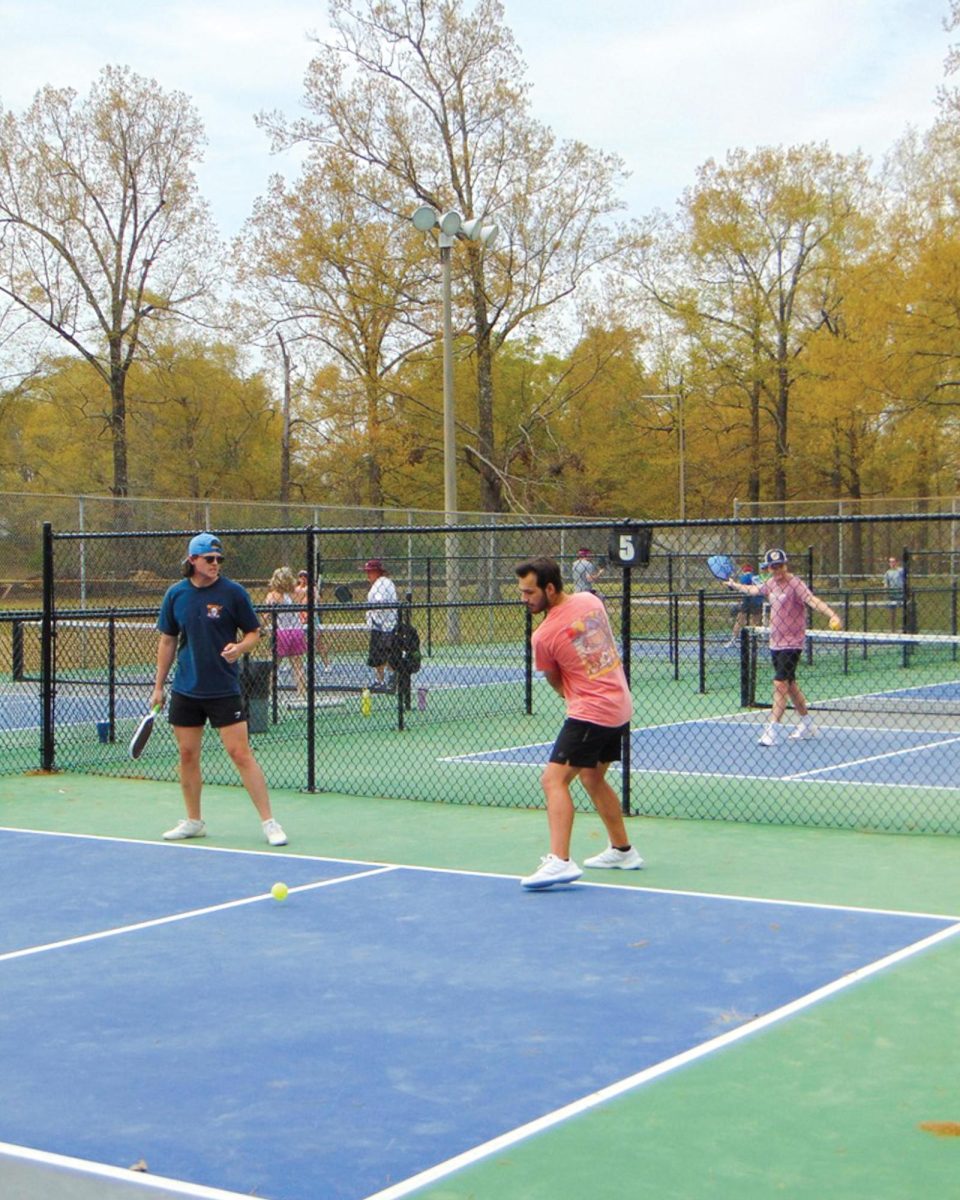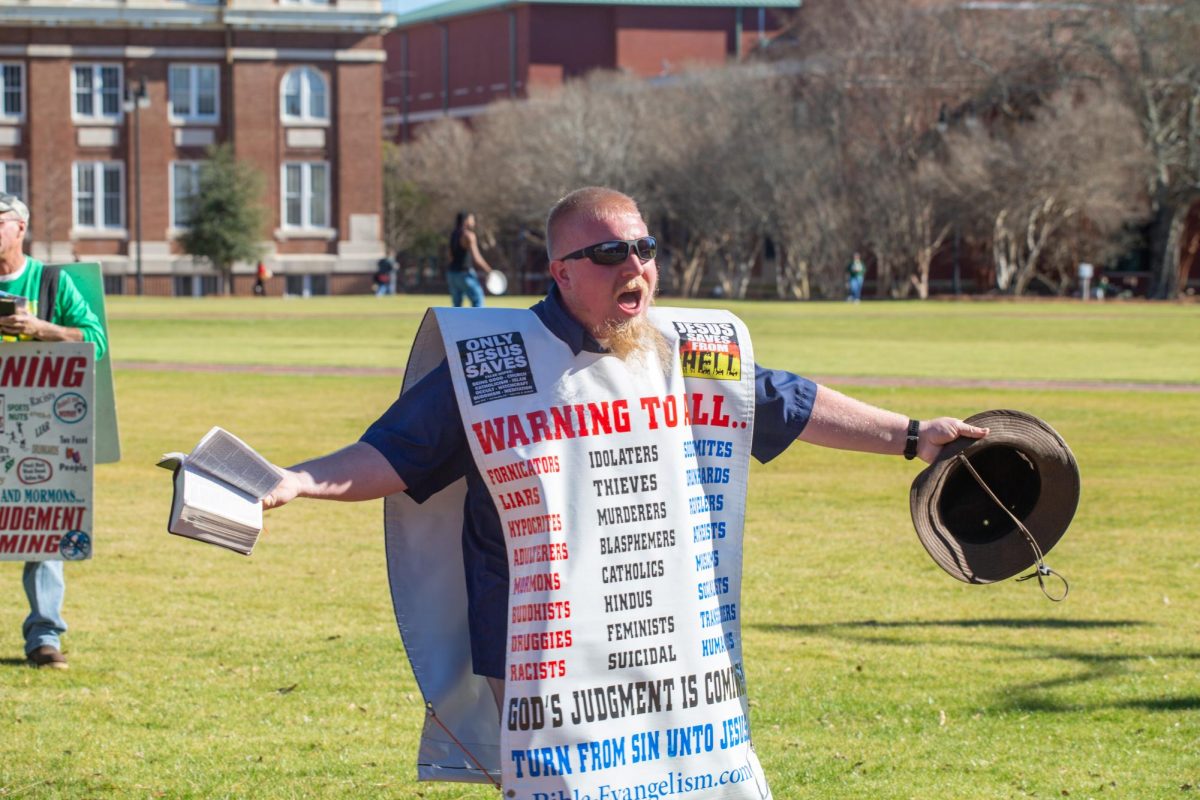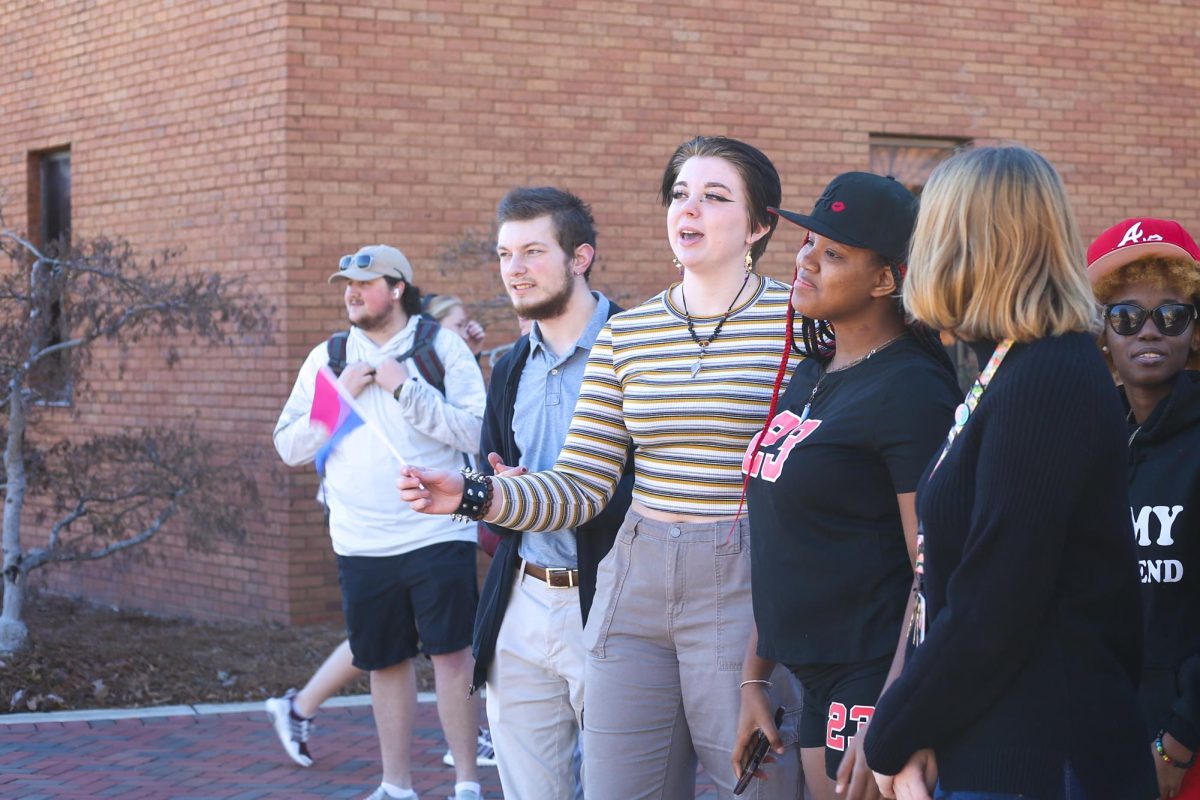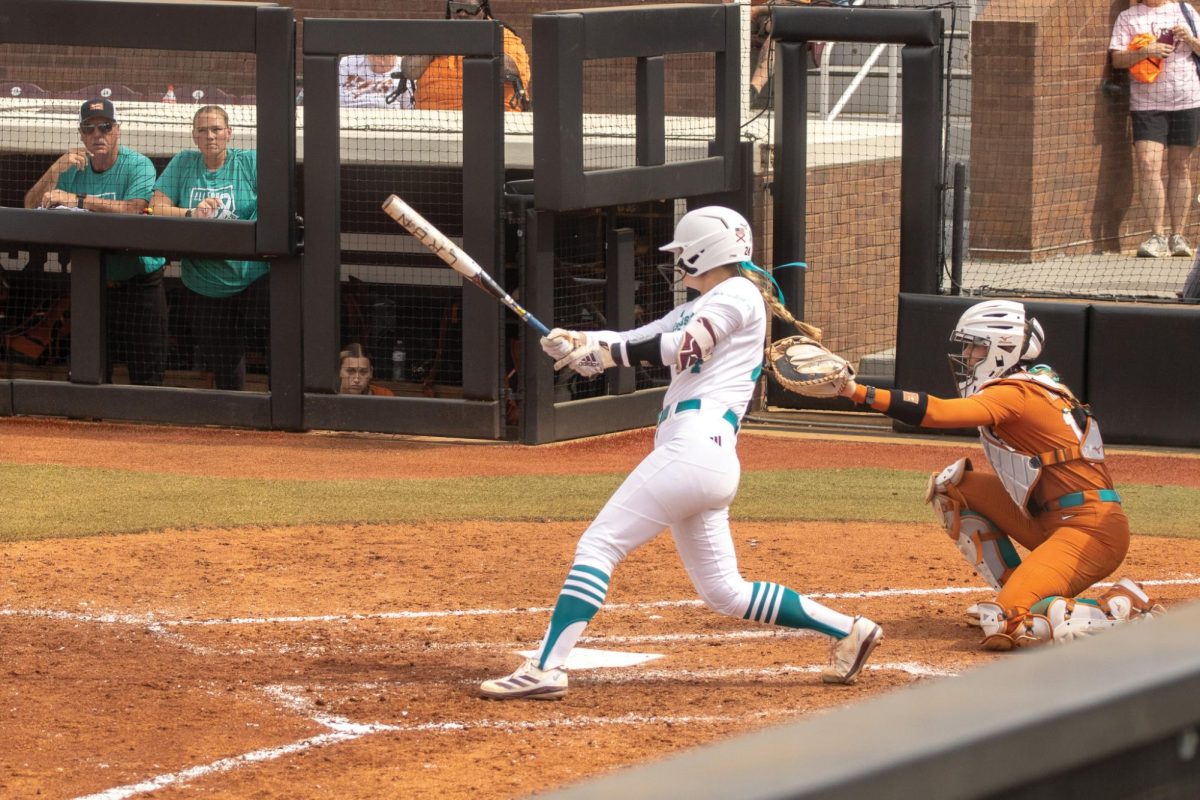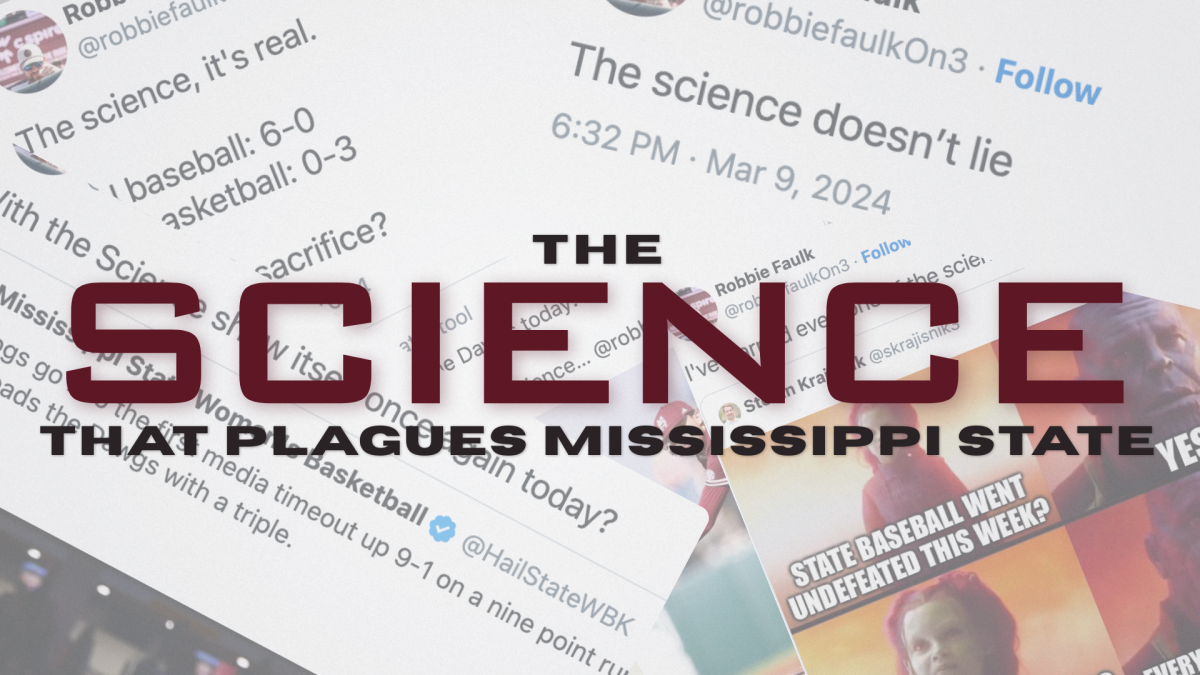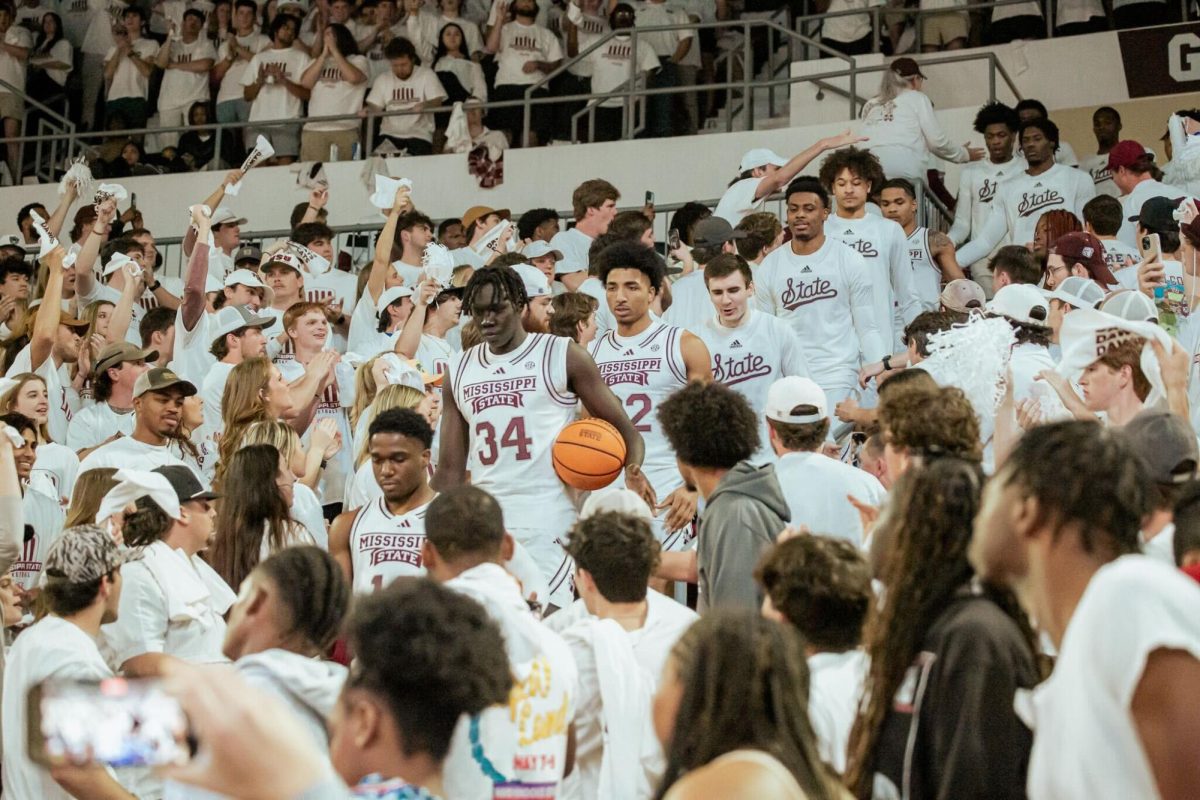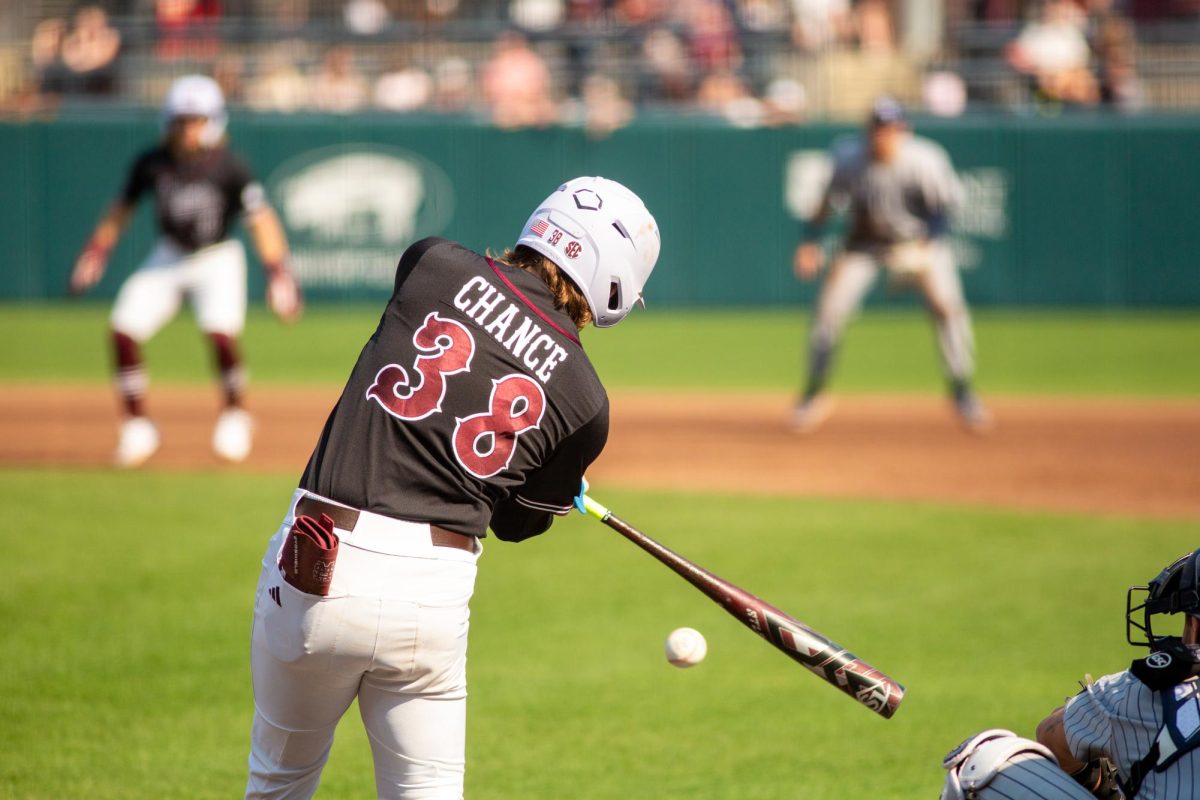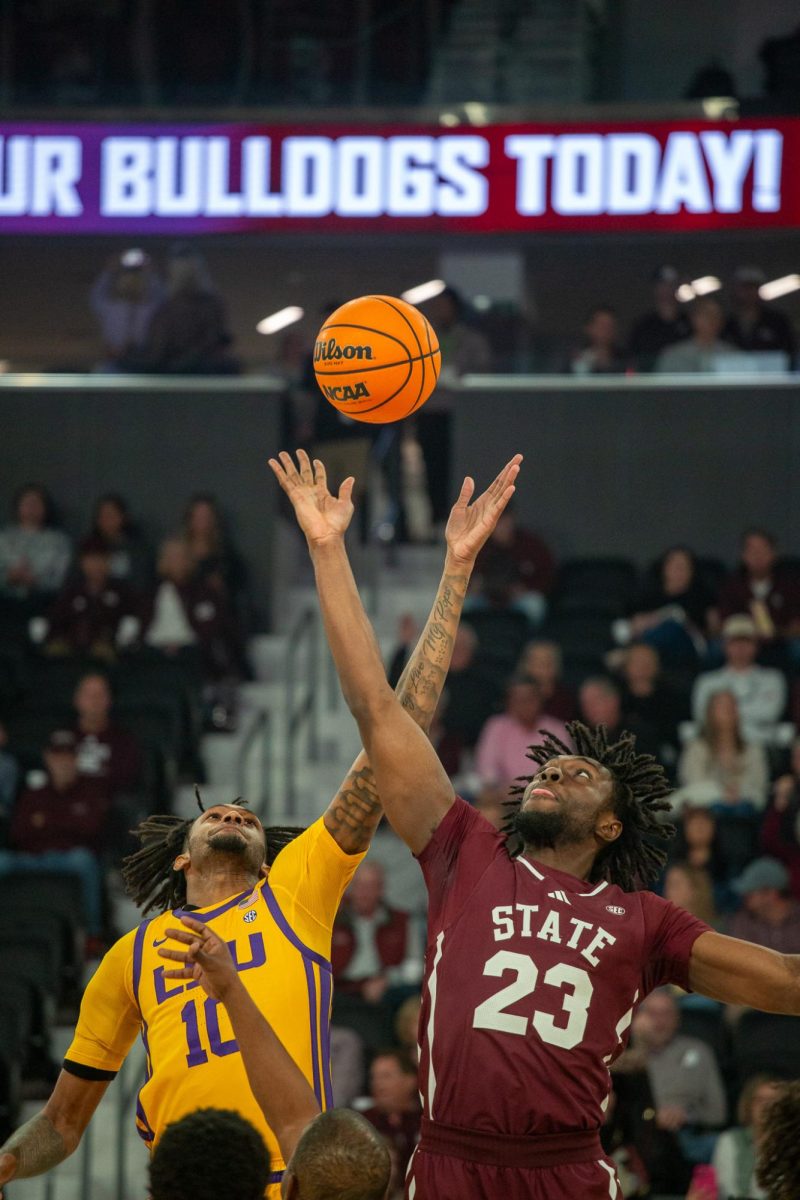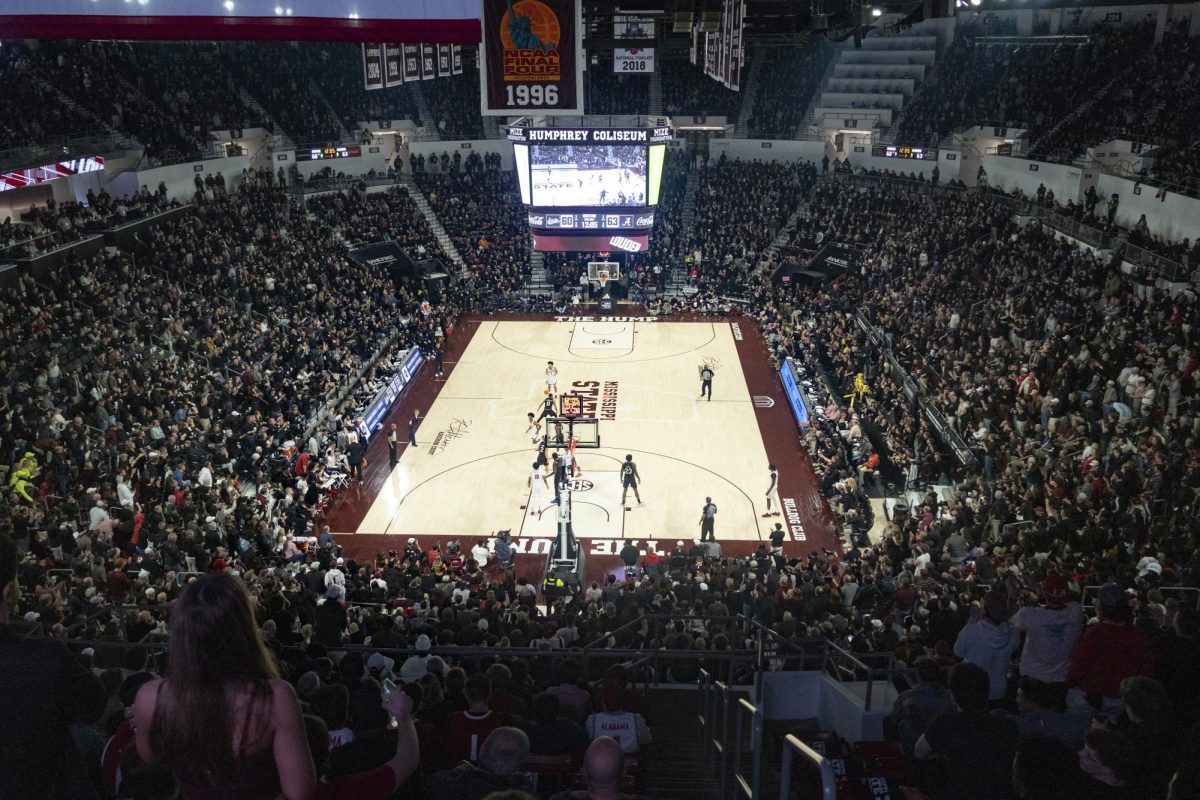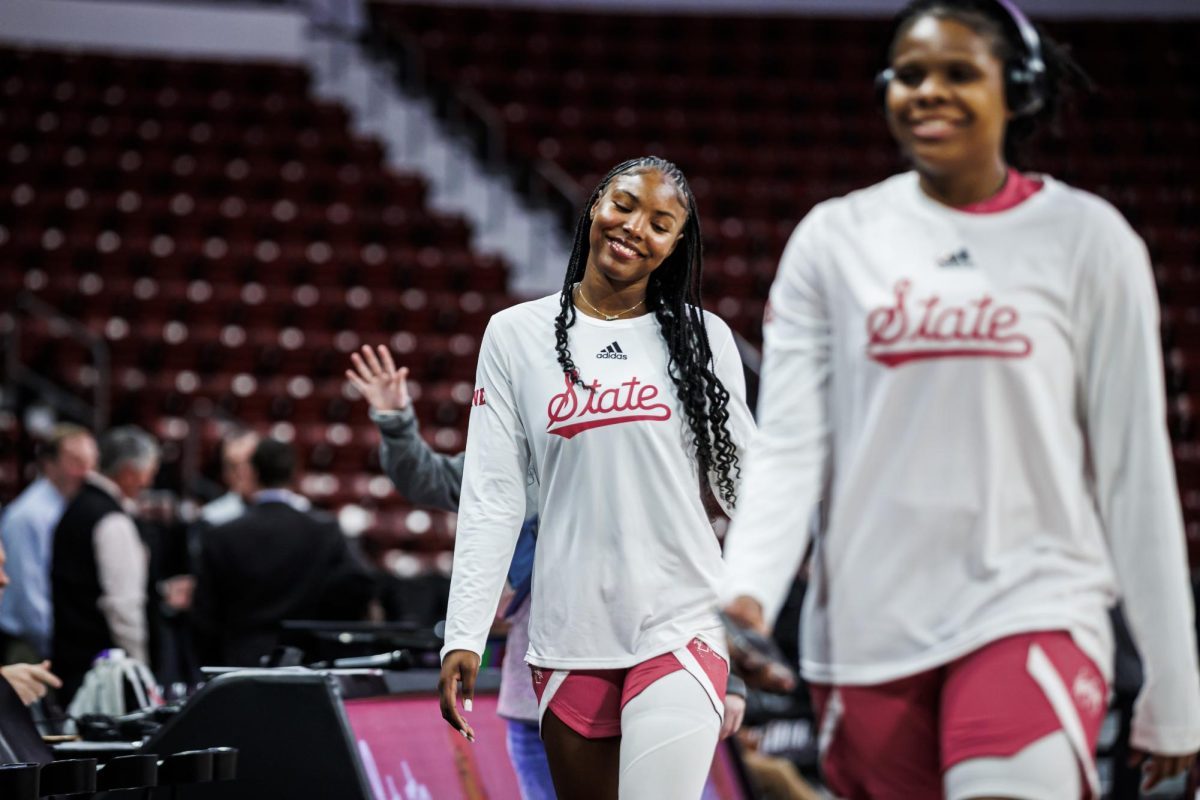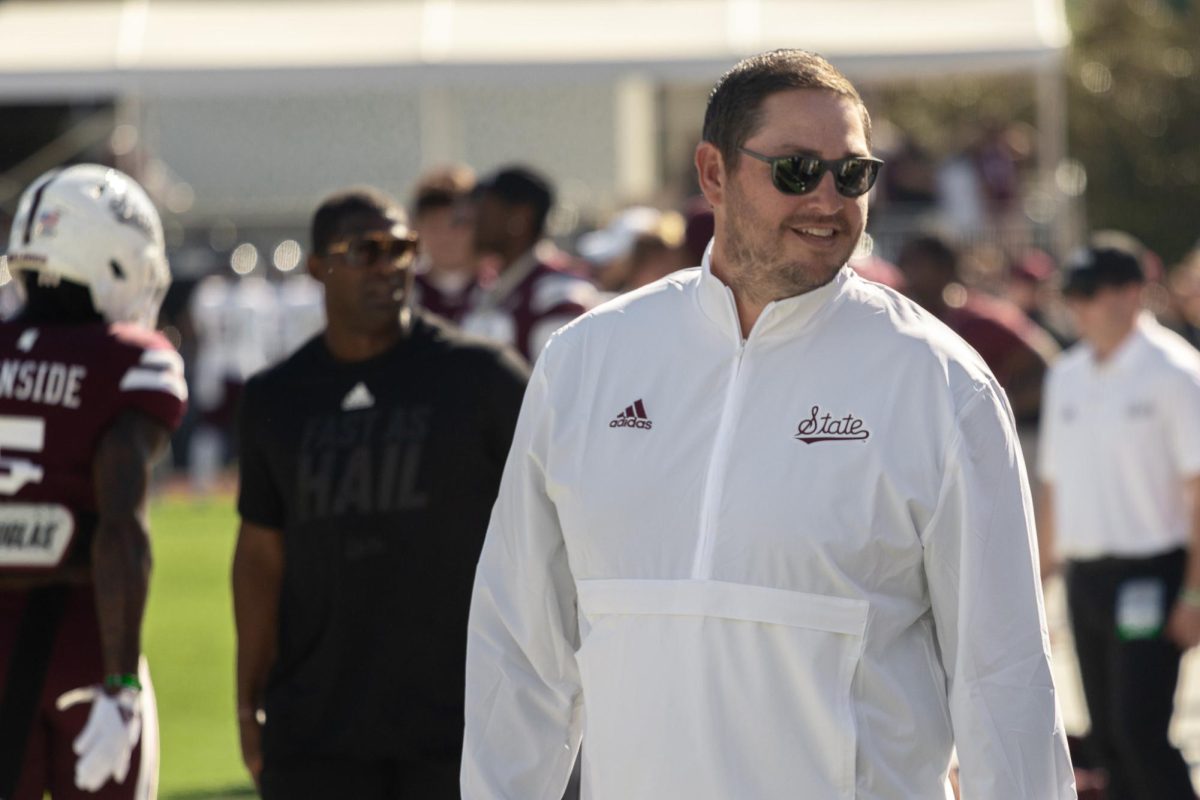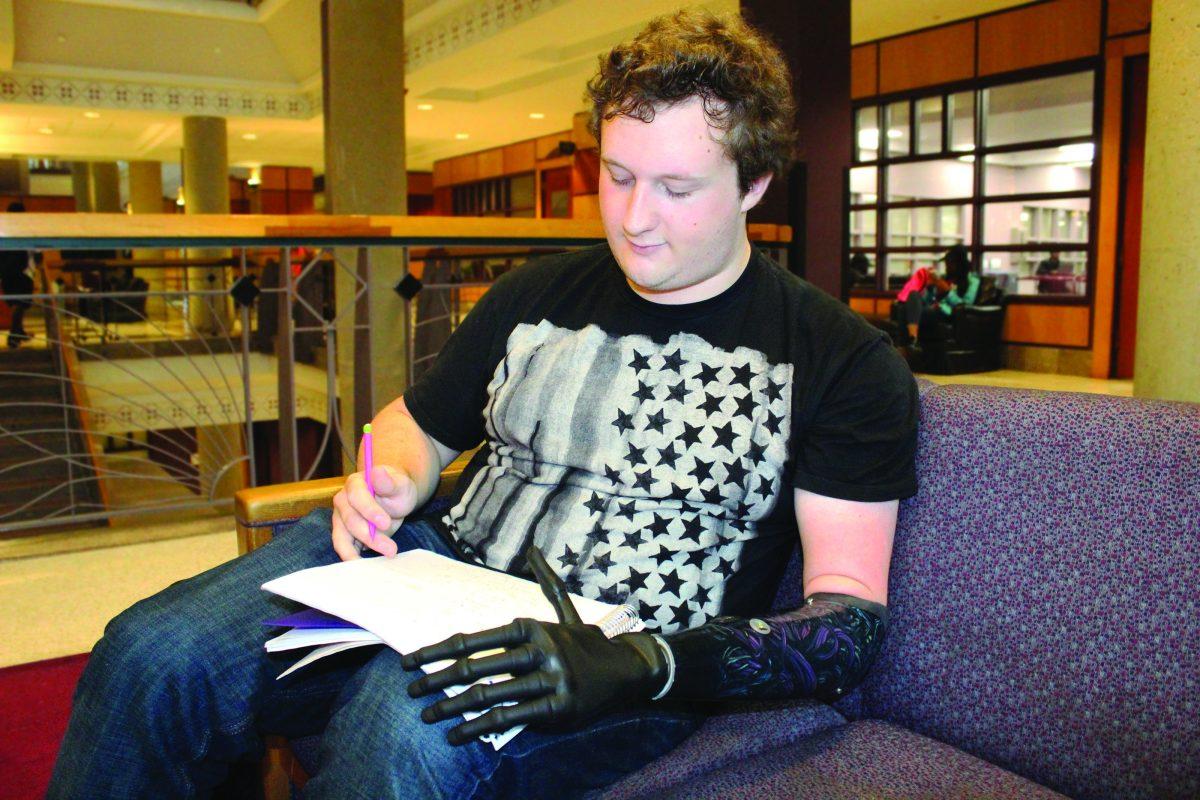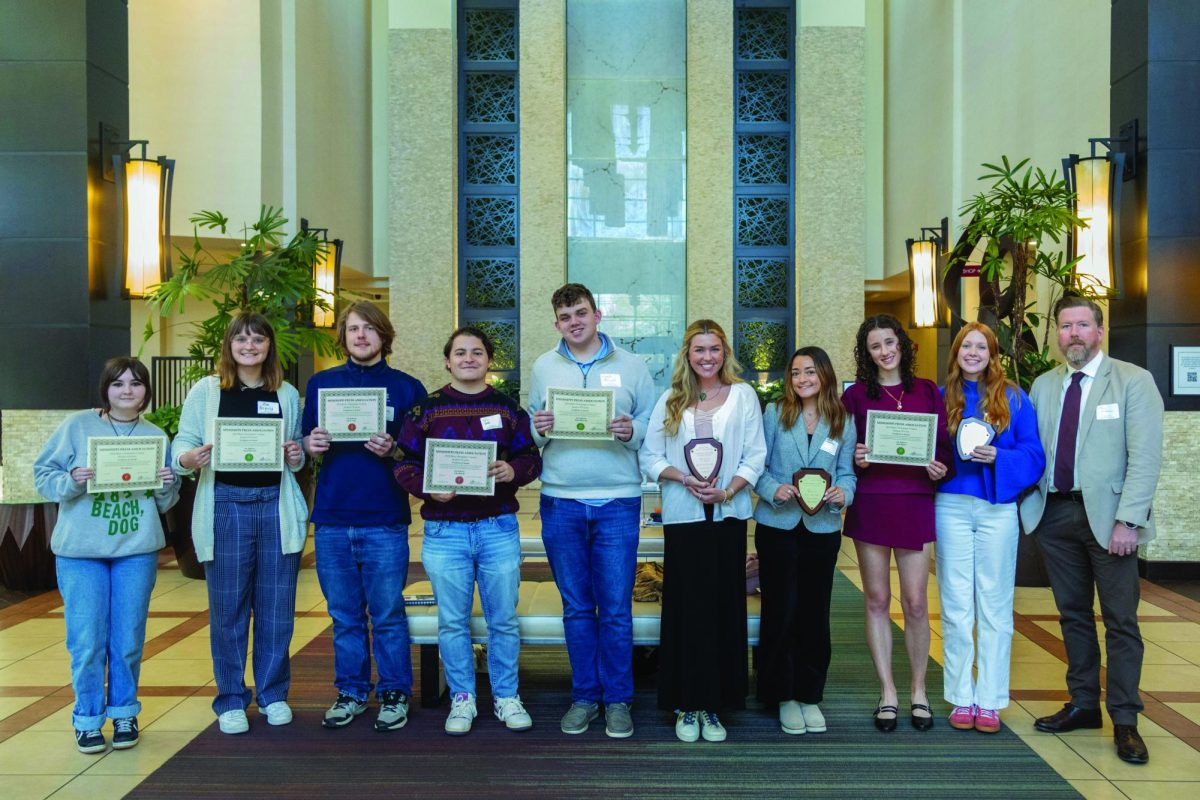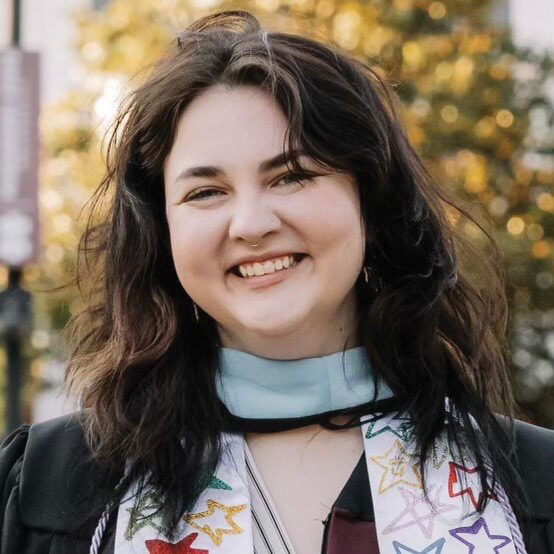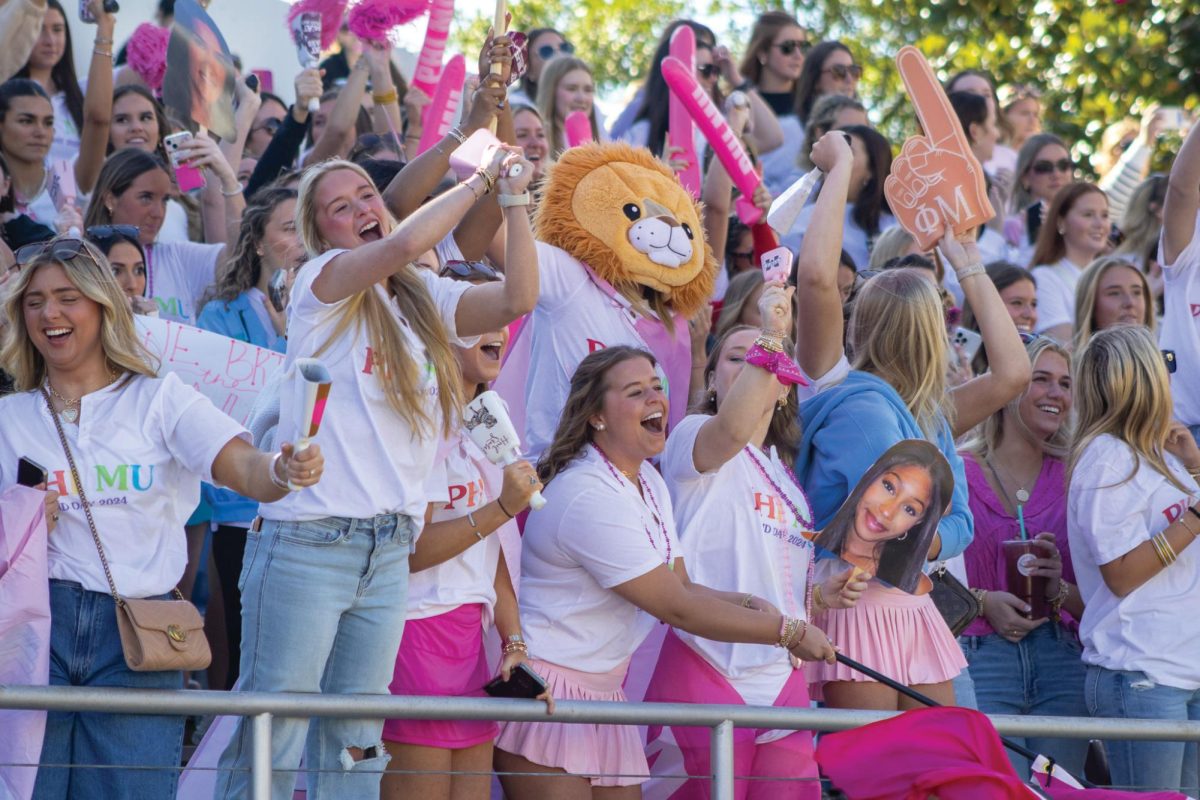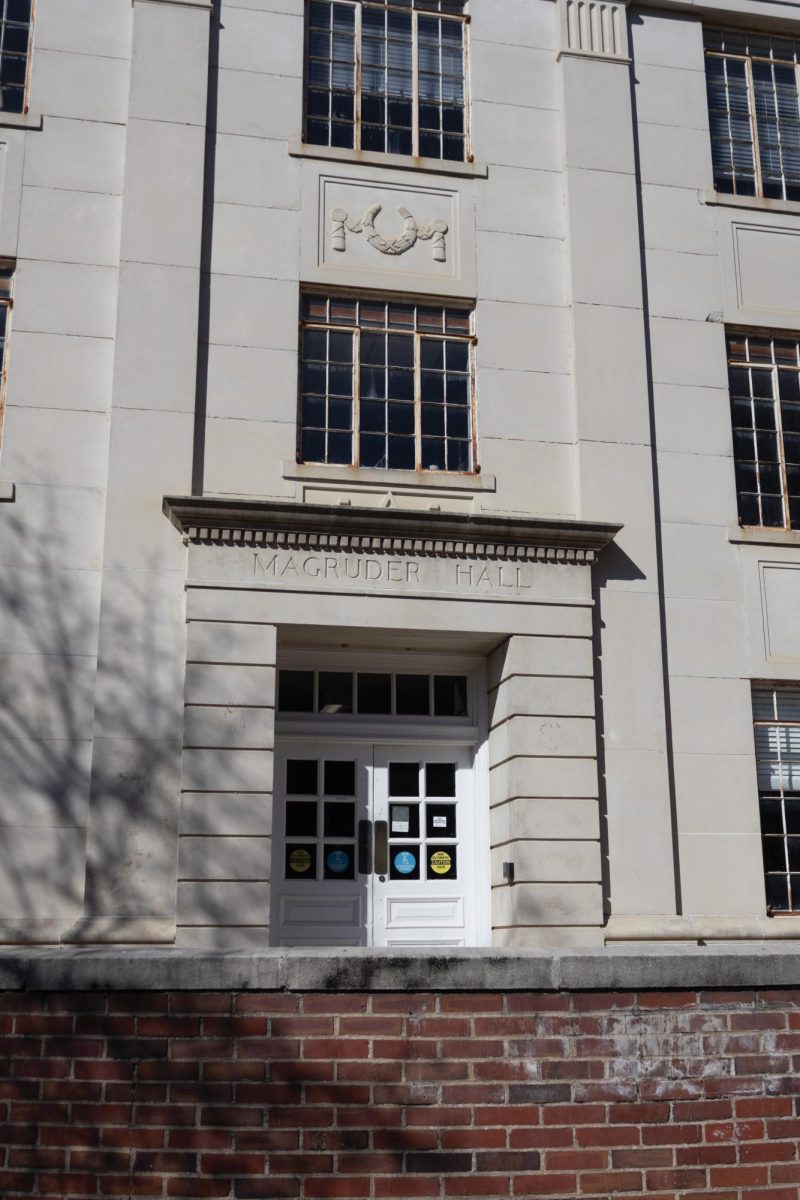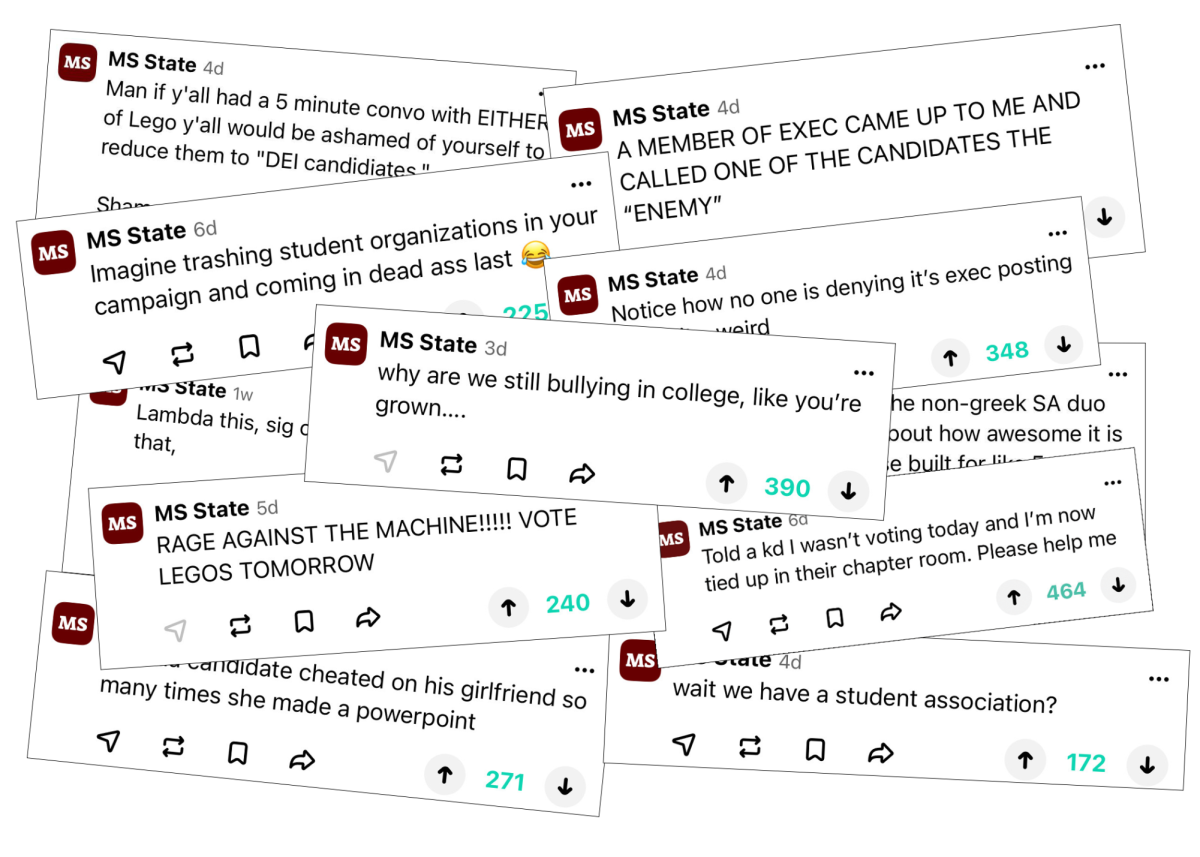Alex Daly, a junior software engineering major at Mississippi State University, was born with a congenital absence of his left arm below his elbow. However, Daly has not let this affect the things he does in his life.
Daly recently received a top-of-the-line myoelectric prosthesis by Ossur. This is not his first prosthesis, but this is the most versatile prosthesis he has had.
“I have had two others,” Daly said. “This new one is infinitely better than those two were. Part of that is probably because I am older, and the technology. This is a vast improvement than what it was two years ago.”
Daly heard about this new prosthesis, and decided to research it and its company. Around Christmas of last year, the journey for Daly began when he first went for a prosthesis fitting. After having fittings done over the next few months, Daly finally received the final product in May.
Daly received his new myoelectric prosthesis with Coapt pattern recognition technology and the i-limb quantum by Ossur, according to an Oktibbeha County Hospital press release. The i-limb hand is currently the most versatile prosthetic hand on the global market.
Next, Daly’s mother contacted occupational therapist Jamie Yates from OCH’s Rehab Services.
“She (Daly’s mother) was trying to research occupational therapists in the area, and of course I’m sure it has to do with insurance,” Yates said. “Making sure you find a provider that is within your network. When she called the office, she spoke with me. She asked me if I would be willing to not only work with her son, but to go attend this training conference.”
Daly is not Yates’s first patient with a prosthesis. However, he is the first with a myoelectric prosthesis.
“I have worked with clients with prosthetic training before,” Yates said. “This was my first with the myoelectric. With the previous clients that I have worked with, their prosthetics were body-powered, meaning there is movement in their shoulder or scapula that will open and close the hand. I was thrilled to get the opportunity.”
Yates attended a two-day training seminar in Columbus, Ohio, which taught her how to help Daly with using his new myoelectric prosthesis.
“I met Alex twice; I did his evaluations just to look at his overall general body mechanics, how he uses it, what he knows about it so far, what his particular goals are with the use of his new device and where I fit into that picture, how I can best optimize my skills help him reach his goals with his new device,” Yates said.
Next, Yates and Daly went to the facility where the prostheses are designed and built.
“I was working with two occupational therapists who were on staff with Touch Bionics by Ossur,” Yates said. “They had a brand-new office, and it was amazing because you got to see how they build it from the ground up, and how they test the clients to see if it would be a suitable fit for them.”
According to Yates, there are three different models that have either 12, 18 or 24 functional grasps.
“Alex’s is the top of the line, and it has 24 functional grasps that can be utilized,” Yates said. “There are different ways that he can get into those, so that is what the training course was for also. There were things about the unit that were new to any therapist because it is new technology.”
Yates and Daly meet for therapy for an hour each week, and Yates sends Daly home with different exercises each session to continue to make progress. Yates and Daly worked especially hard on exercises to prevent injury because of the weight of the prosthetic.
According to Daly, he has struggled to do tasks some people find relatively easy, like tying shoes. However, Daly does not let his struggles control him.
“When he was first learning how to tie his shoes using the prosthesis was really difficult for him,” Yates said. “I told him during this next week, ‘I want you to work on tying your shoes in particular.’ I said, ‘Our goal will be for you to tie your shoe in 45 seconds or less.’ I knew I was really pushing him because that’s pretty tough. When he came back, he could tie his shoes in 45 seconds or less, which shows me how motivated he is.”
As Yates said, Daly is determined to find a solution for any challenge he faces.
“Whenever something came up and using two hands was easy, I had to somehow find a new solution,” Daly said. “So far, I haven’t found something I can’t do besides carrying heavy weight. Just about anything else, I’ve either found a solution, or I will find a solution.”
Throughout his life, Daly said fitting in every day is difficult because he is different, but he has continued to push through the hard times.
In high school, Daly said he went through an identity crisis.
“I was struggling to figure out because at the time, I didn’t have a prosthesis,” Daly said. “I didn’t want another one because I had one several years prior. I was struggling to fit in; we had just moved. I didn’t really figure out who I was and what I wanted to do at that point because I was different, and that kind of stuck with me. It took me a while to truly accept that.”
Since Daly’s family is now over 1,000 miles away, he said coming to MSU was a great decision to help him learn to live on his own.
“It was a strange transition,” Daly said. “I think it was a good one for me. It was a good experience to get away because I was able to find who I am.”
Daly has played guitar since he was in high school, and he has recently figured out how to play the guitar with his new prosthesis.
“It was just kind of a fun activity to do after school,” Daly said. “Initially, I had a passive prosthesis with an attachment that held the guitar pick. I just found a way to hold the guitar pick and play with this prosthesis, which is just relearning muscle memory.”
Yates said she believes Daly is eager to pursue his ambition for his career.
“With his particular studies at Mississippi State being in software engineering, it just ties really well into him learning more about the mechanics of how his arm works and programming,” Yates said. “He could be involved with any company in the future that makes these units from the perspective as a user. For him to be able to go to Mississippi State and get the education he needs to be on the front line of the designing in the future, he could not only be an engineer that helps design these units, but he can be an advocate. That is really what I hope he is successful in being able to achieve.”
Daly said Yates has helped him so much, and his advice for anyone having issues is to seek help.
“There are people out there who can help with whatever problem there is,” Daly said. “My problem just happened to be a physical one and have a ‘convenient’ solution. You don’t have to look far to find help with whatever problem you are having.”
Student receives state-of-the-art prosthesis
Courtney Carver – The Reflector
Junior engineering major Alex Daly shows his myoelectric prosthesis, the most versatile one on the global market, which he received last May.
0
Donate to The Reflector
Your donation will support the student journalists of Mississippi State University. Your contribution will allow us to purchase equipment and cover our annual website hosting costs.
More to Discover

